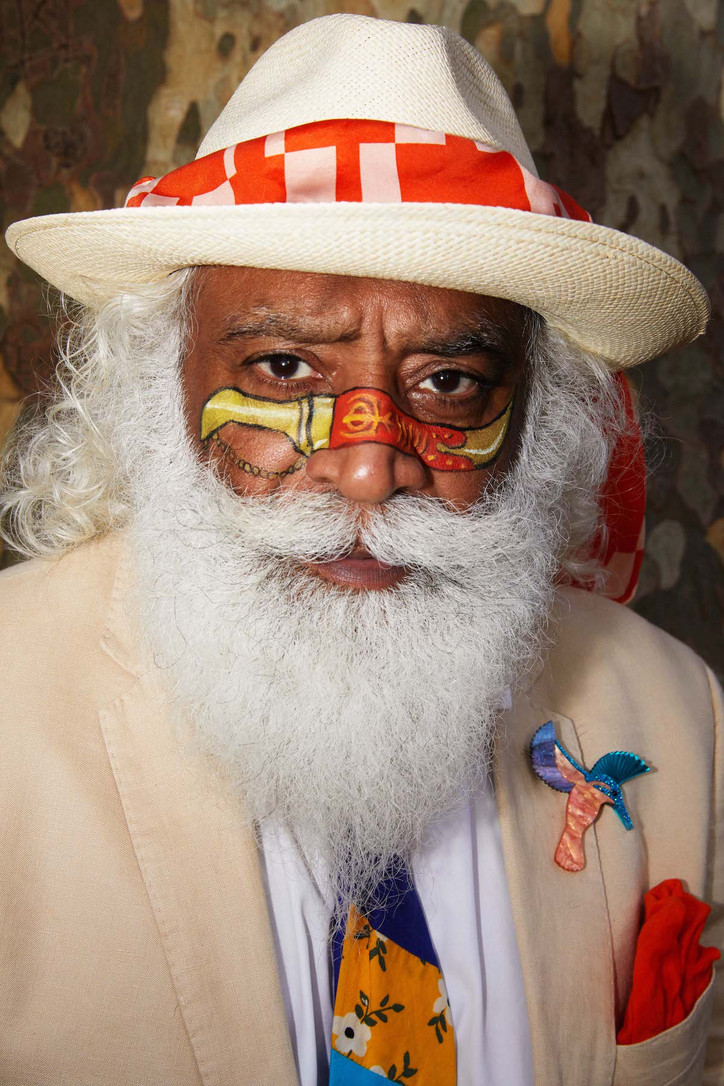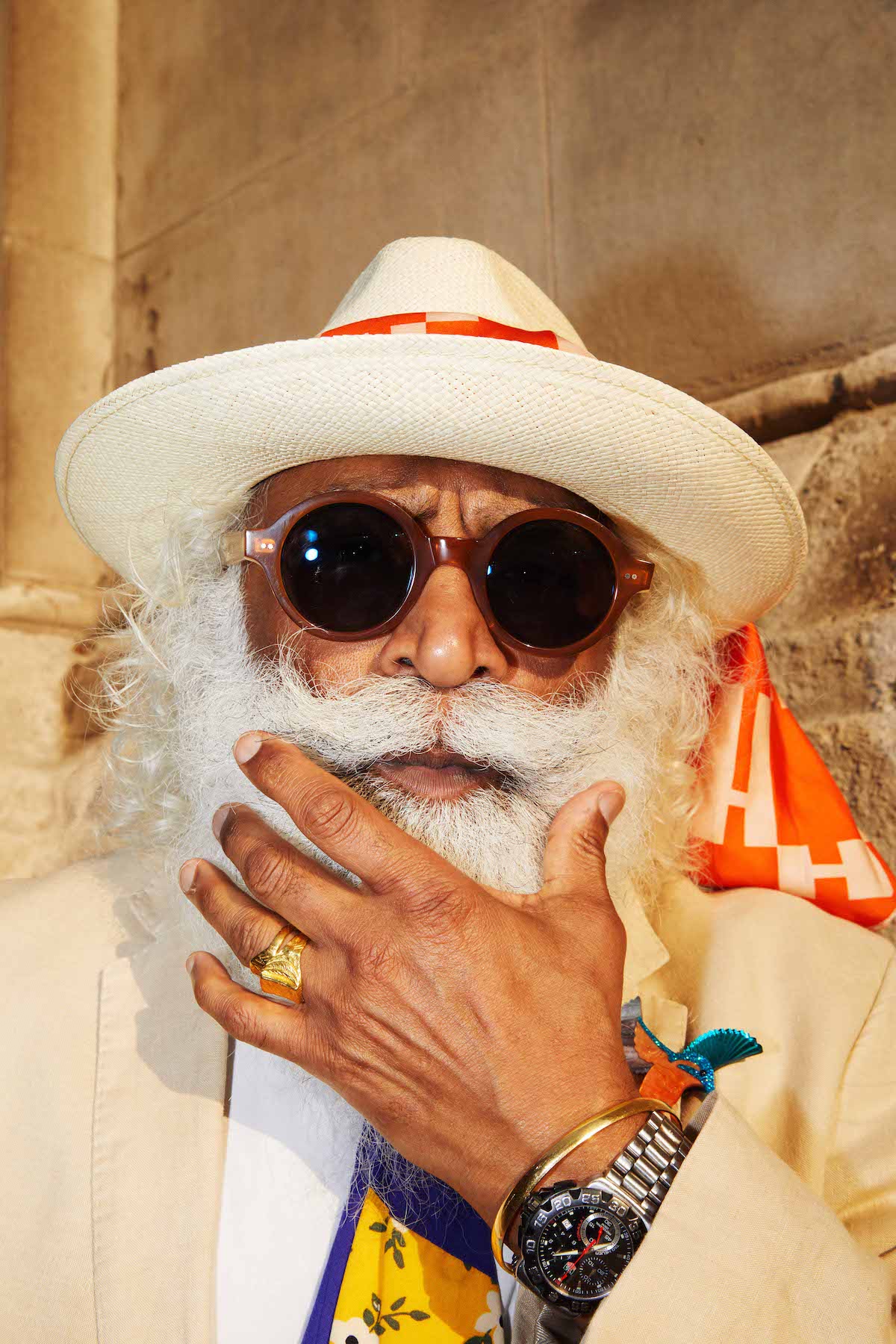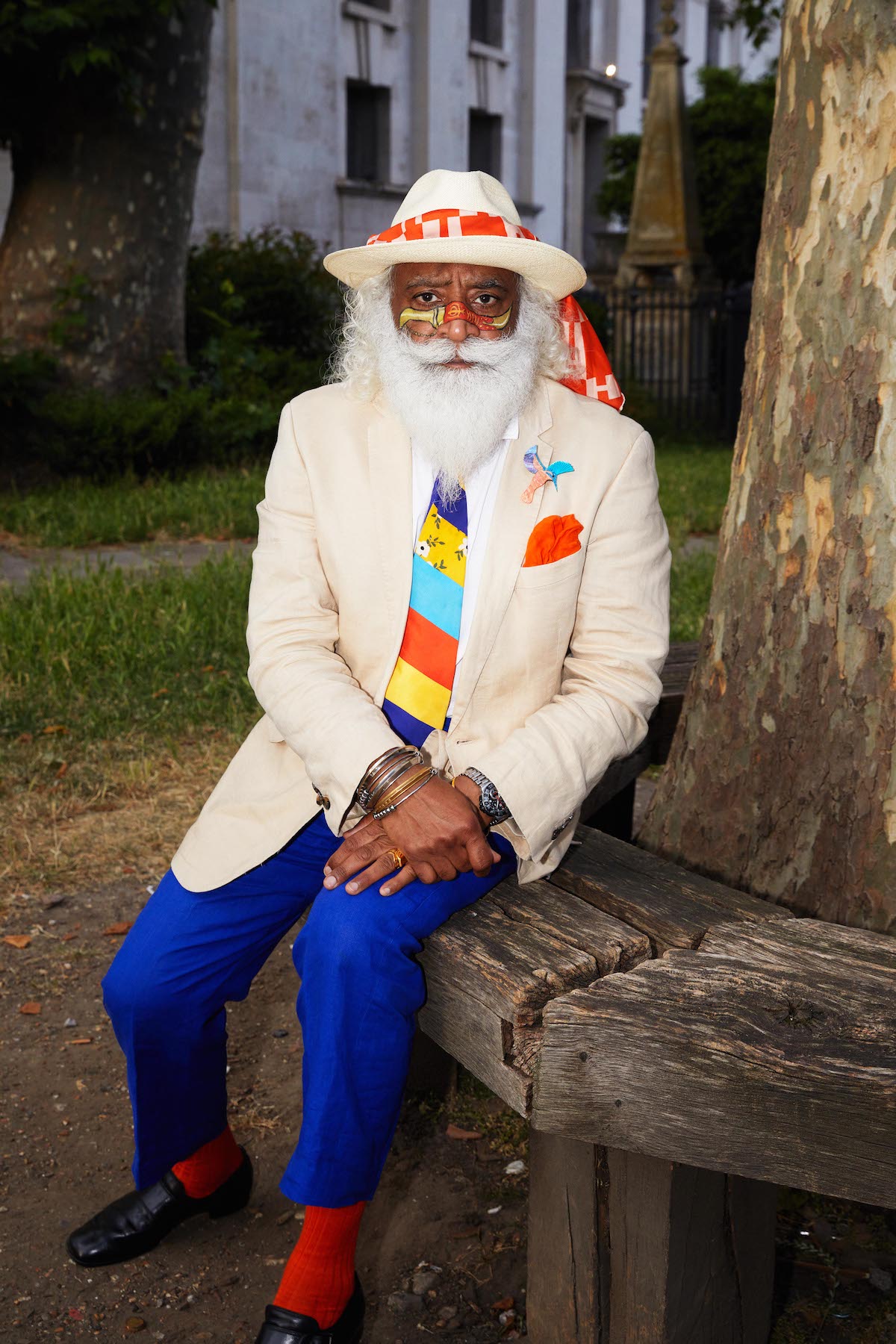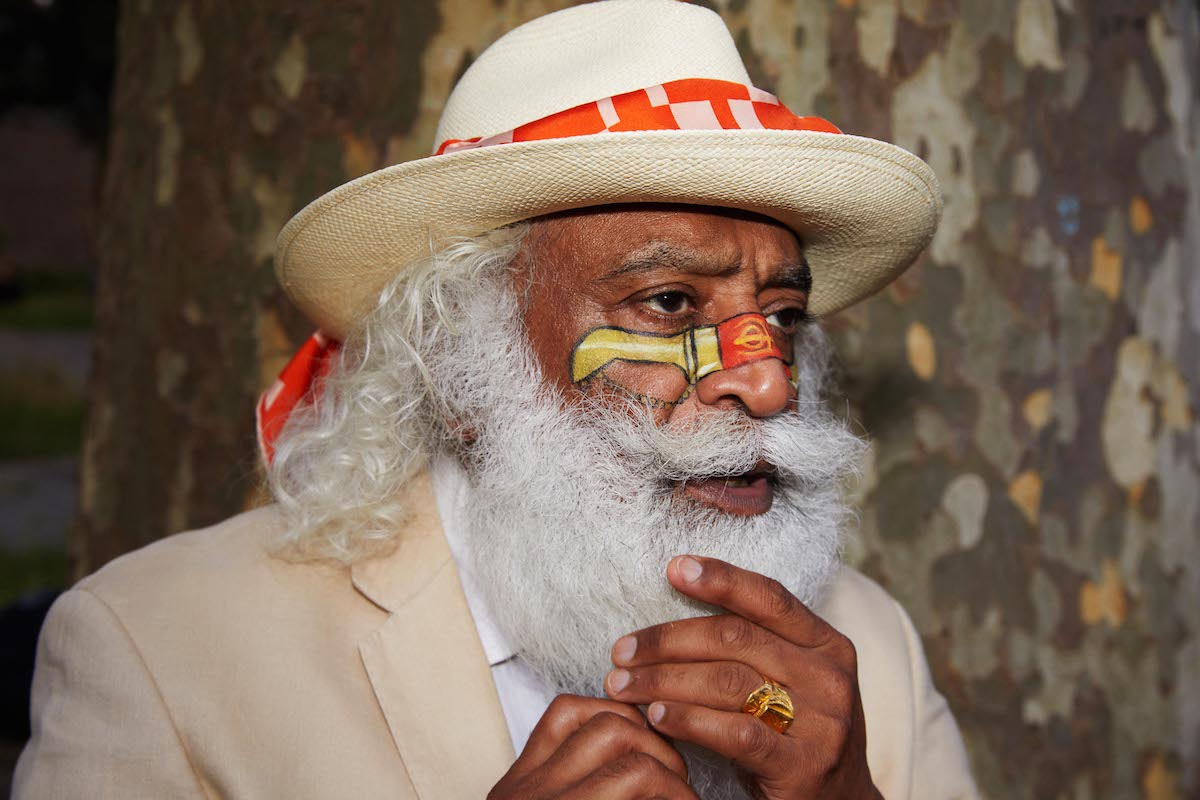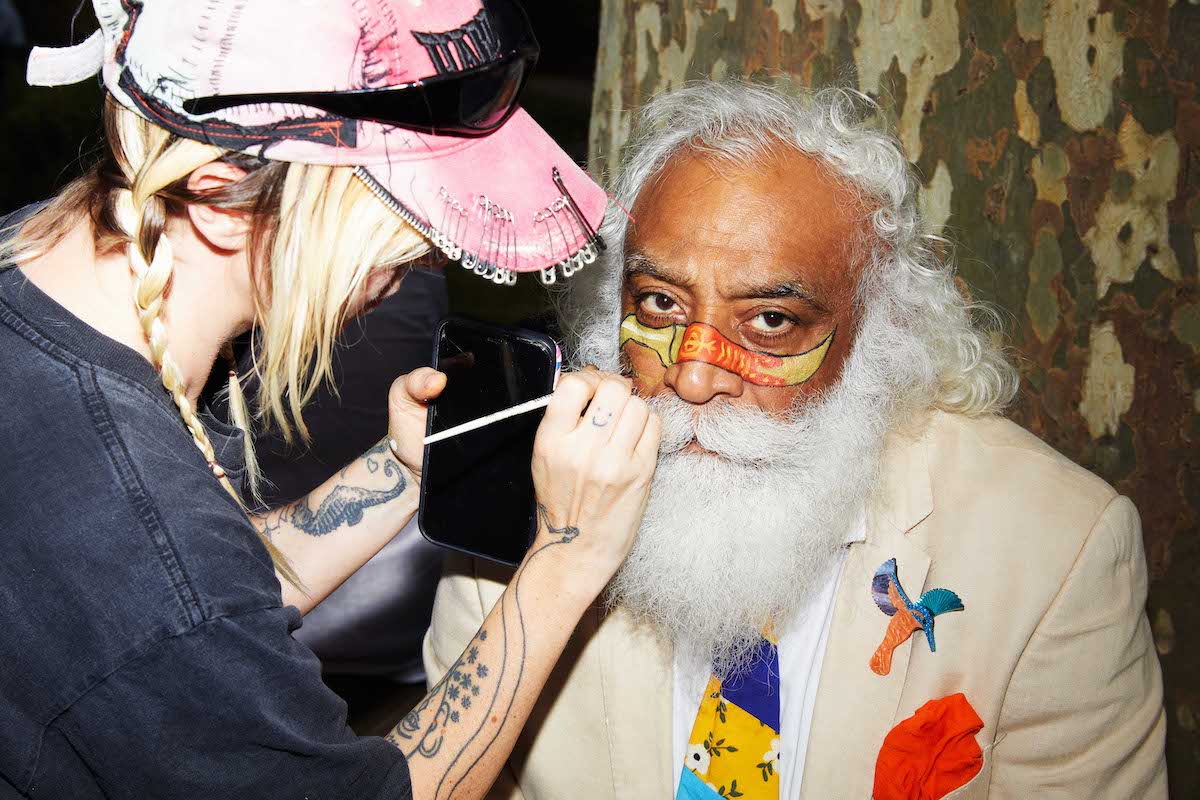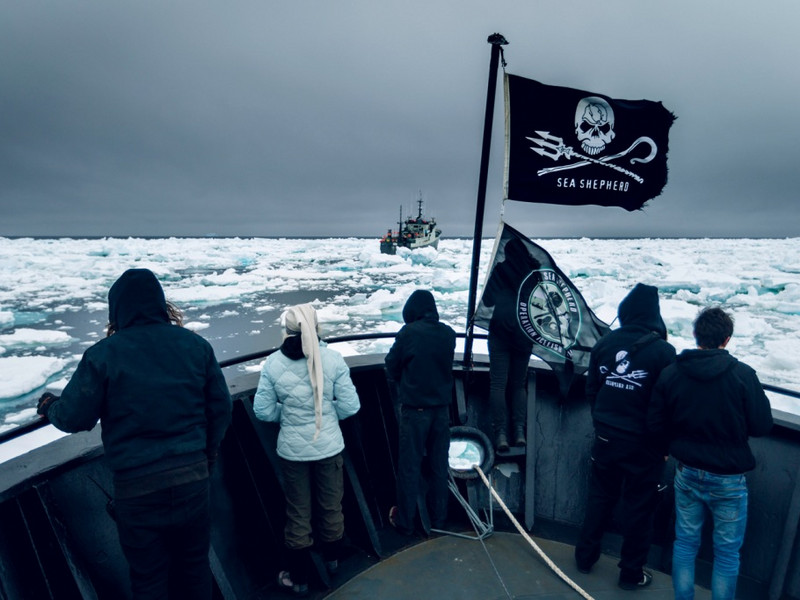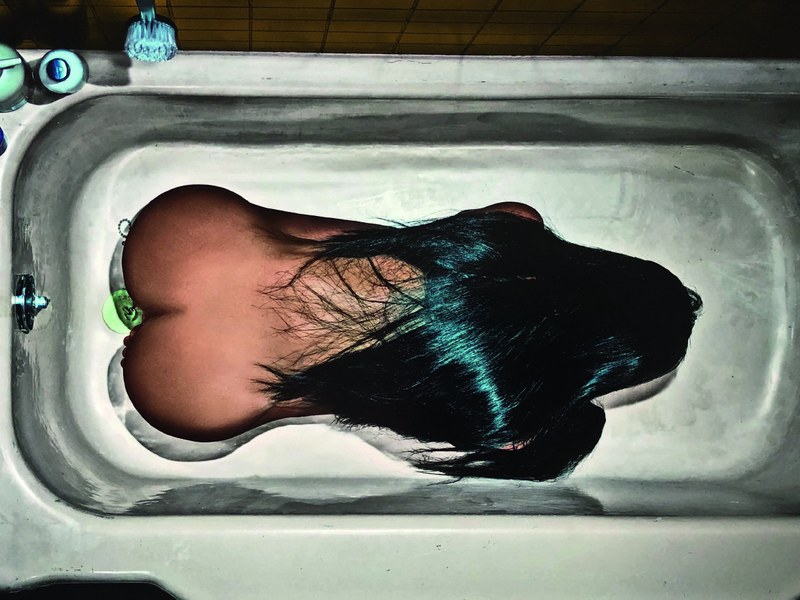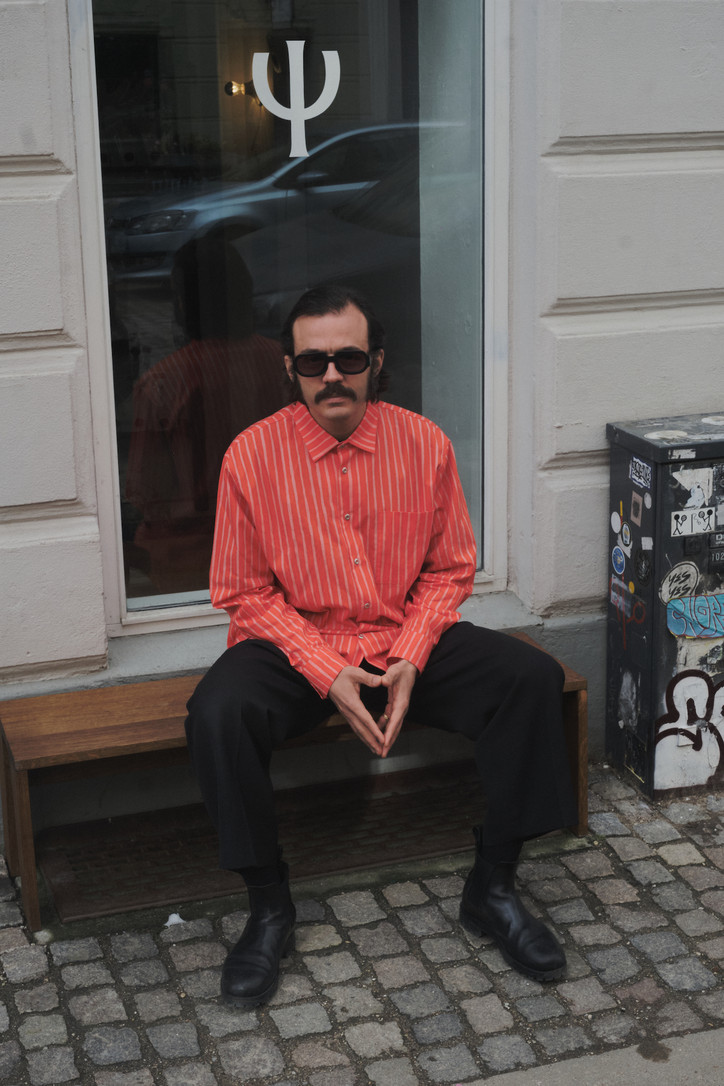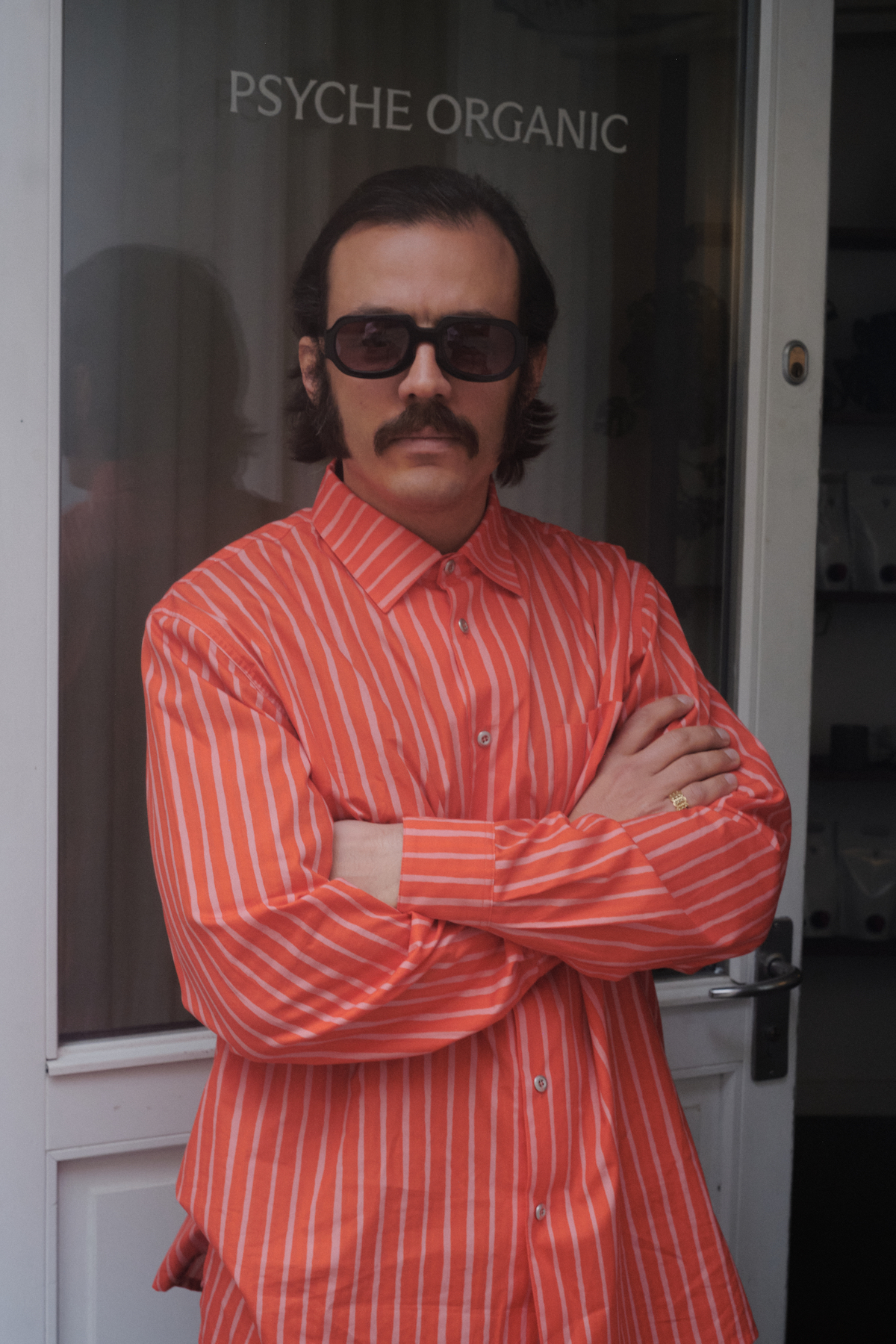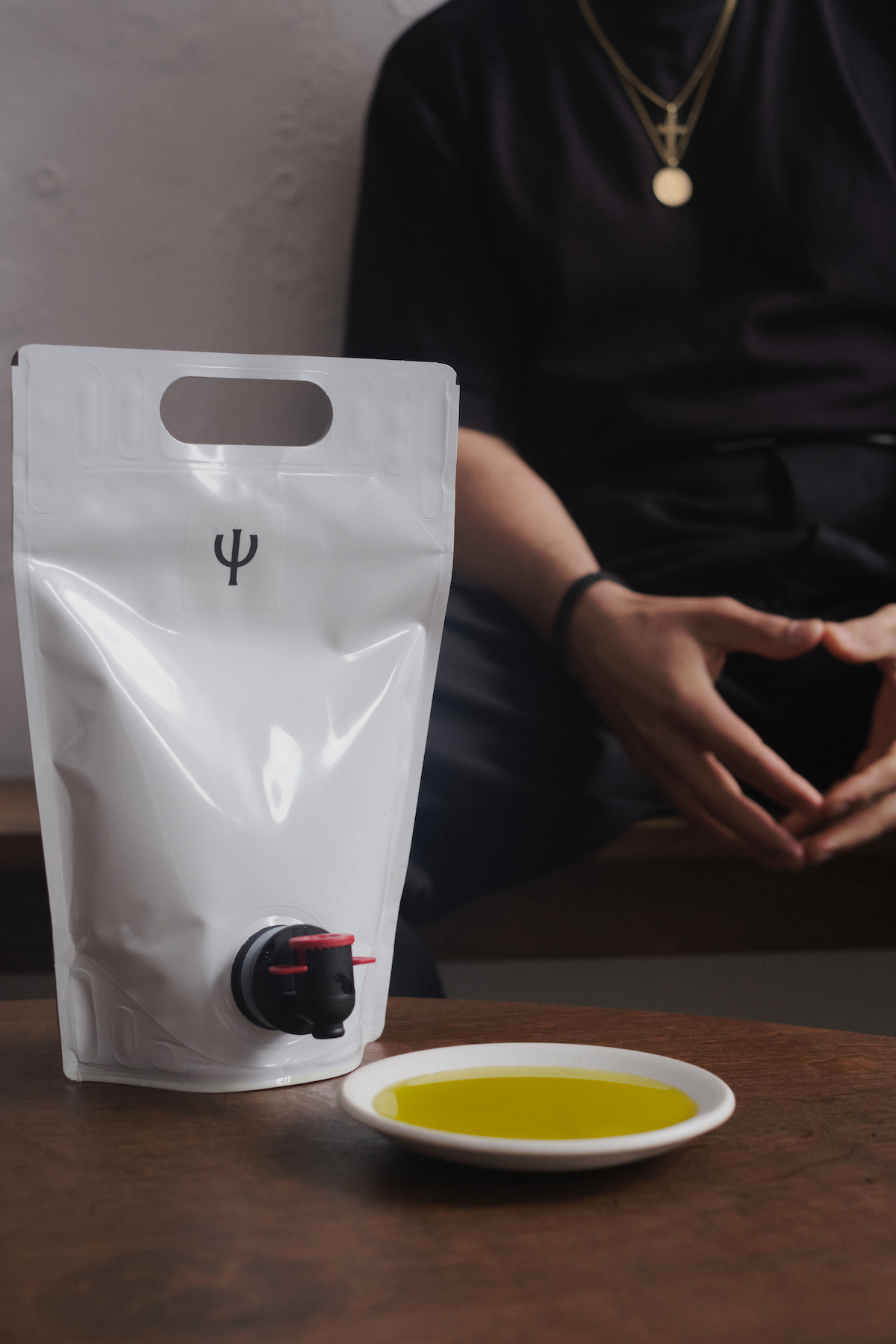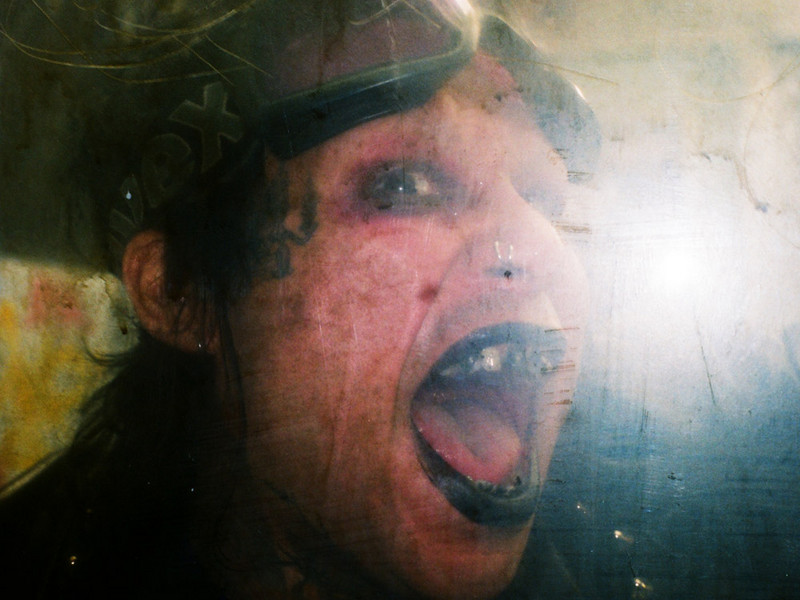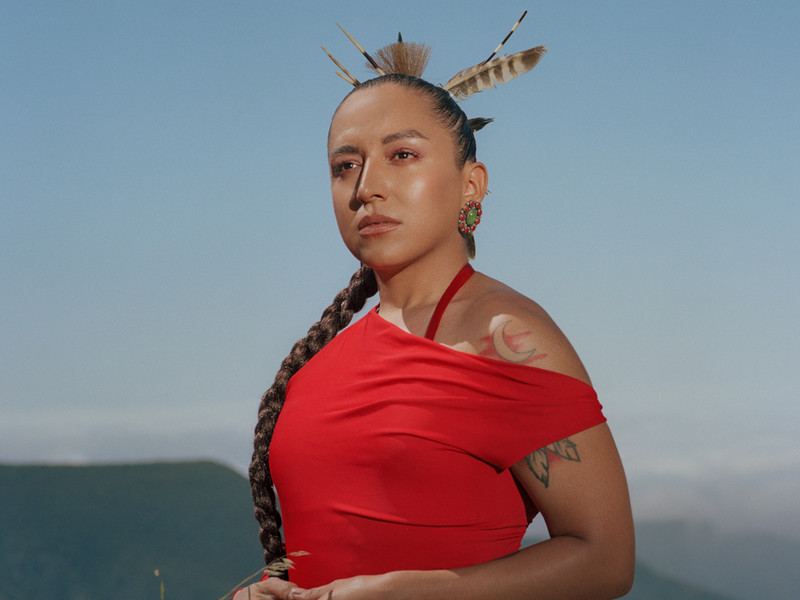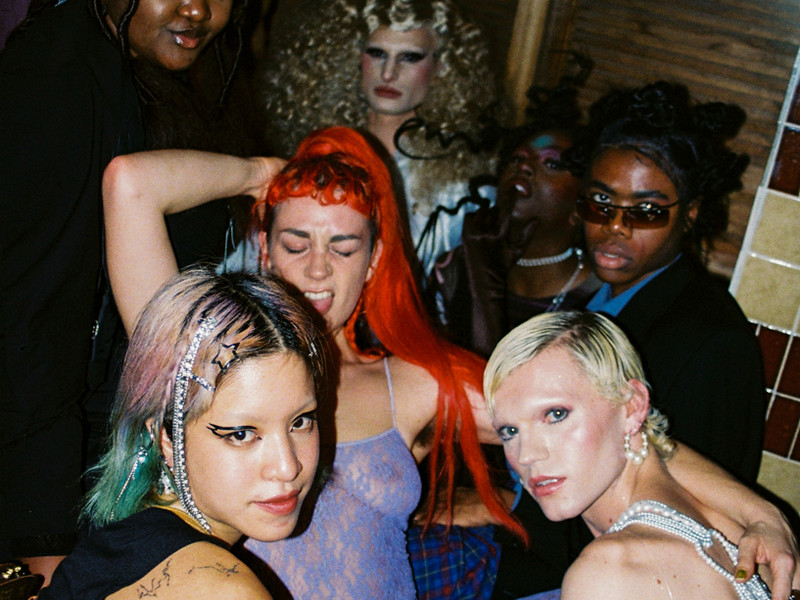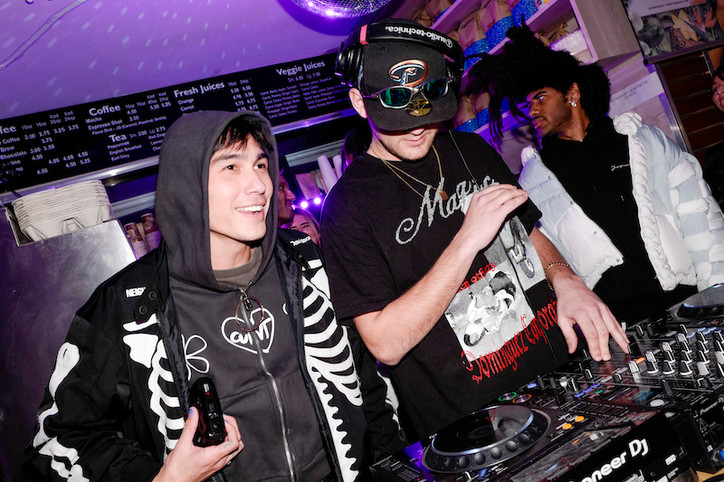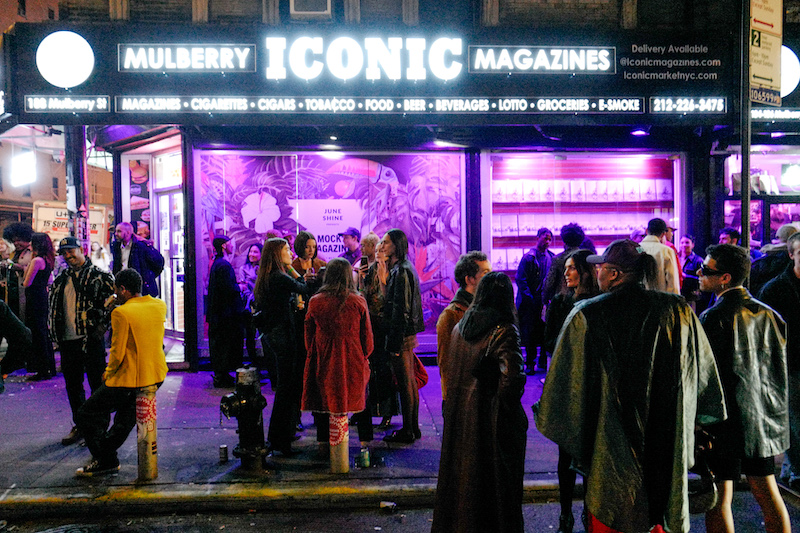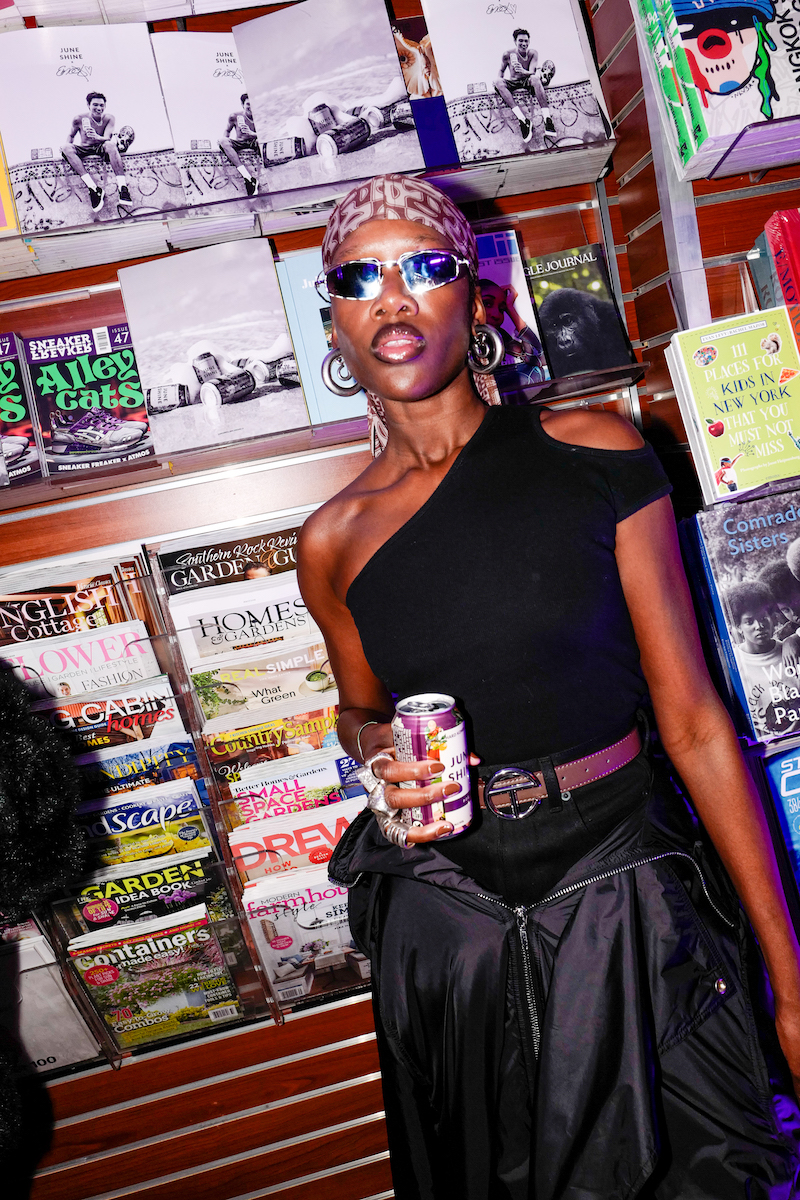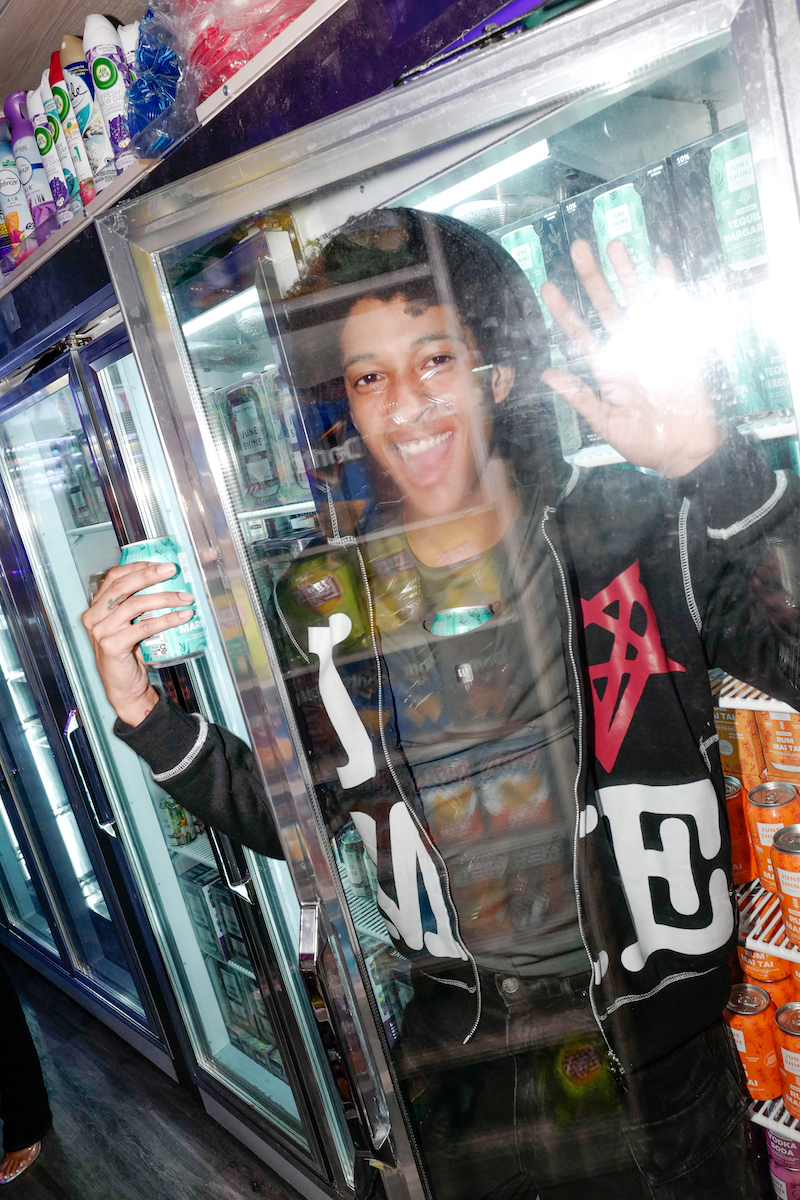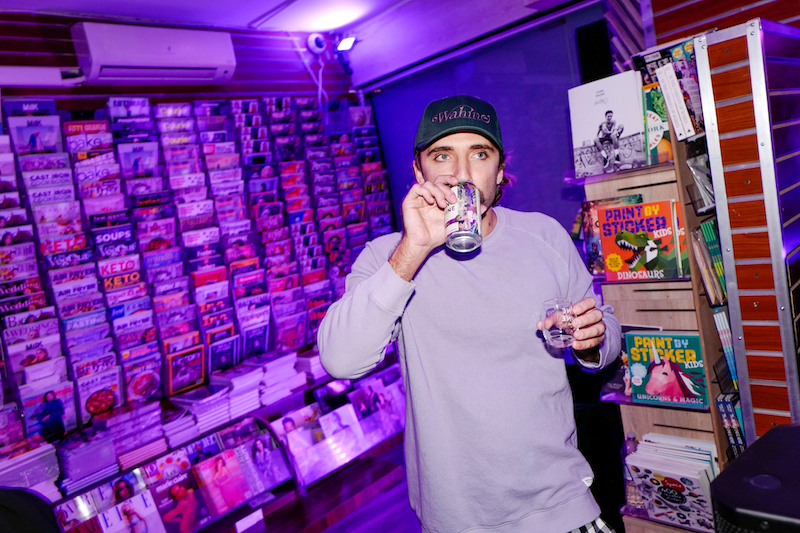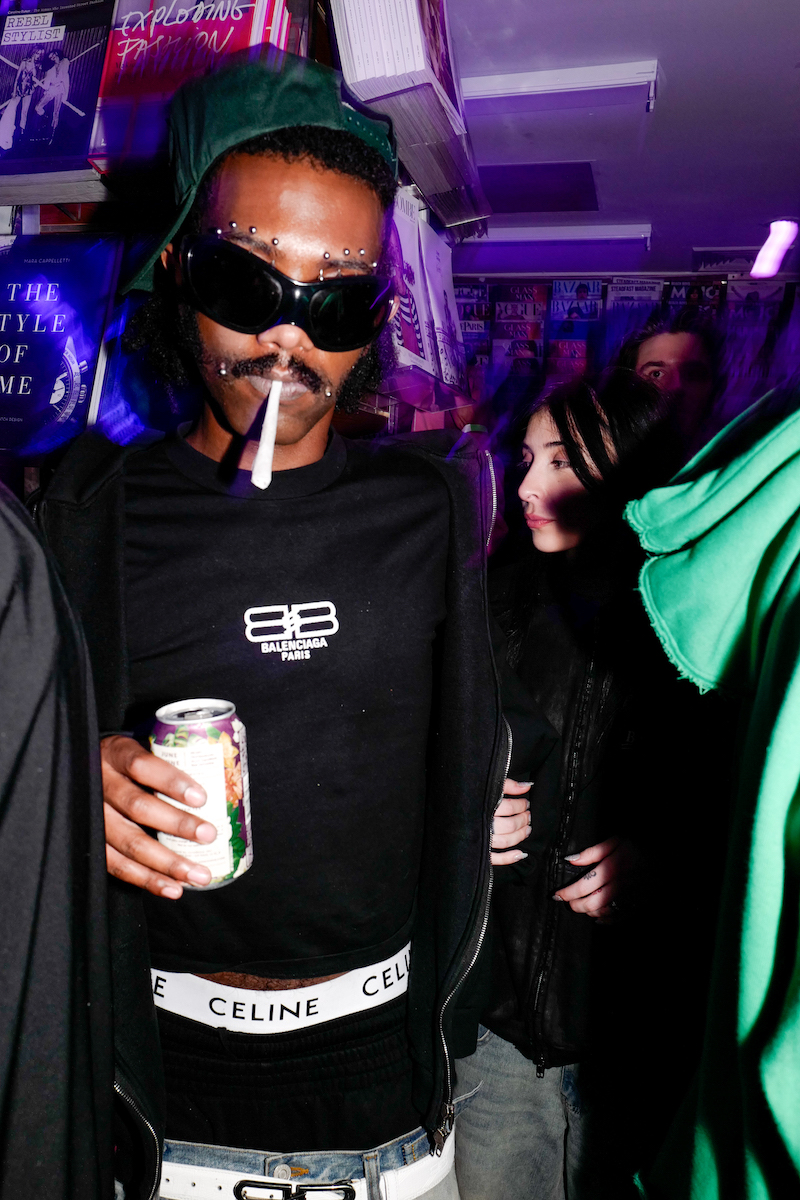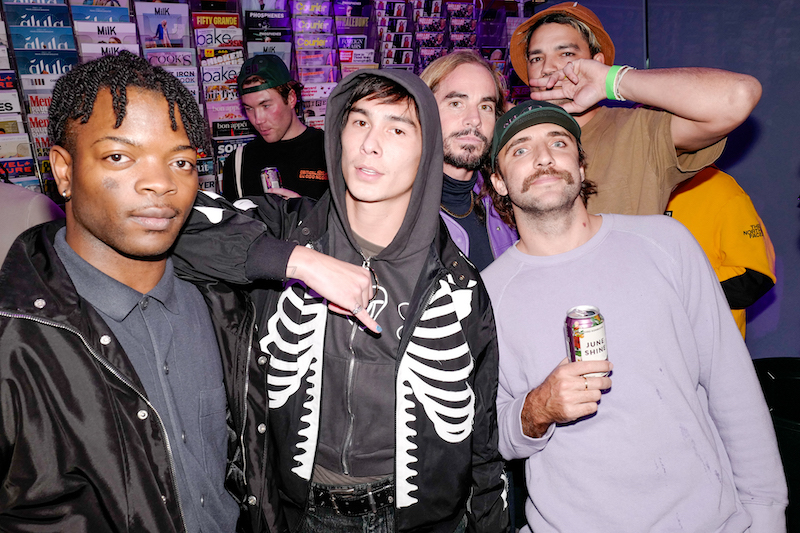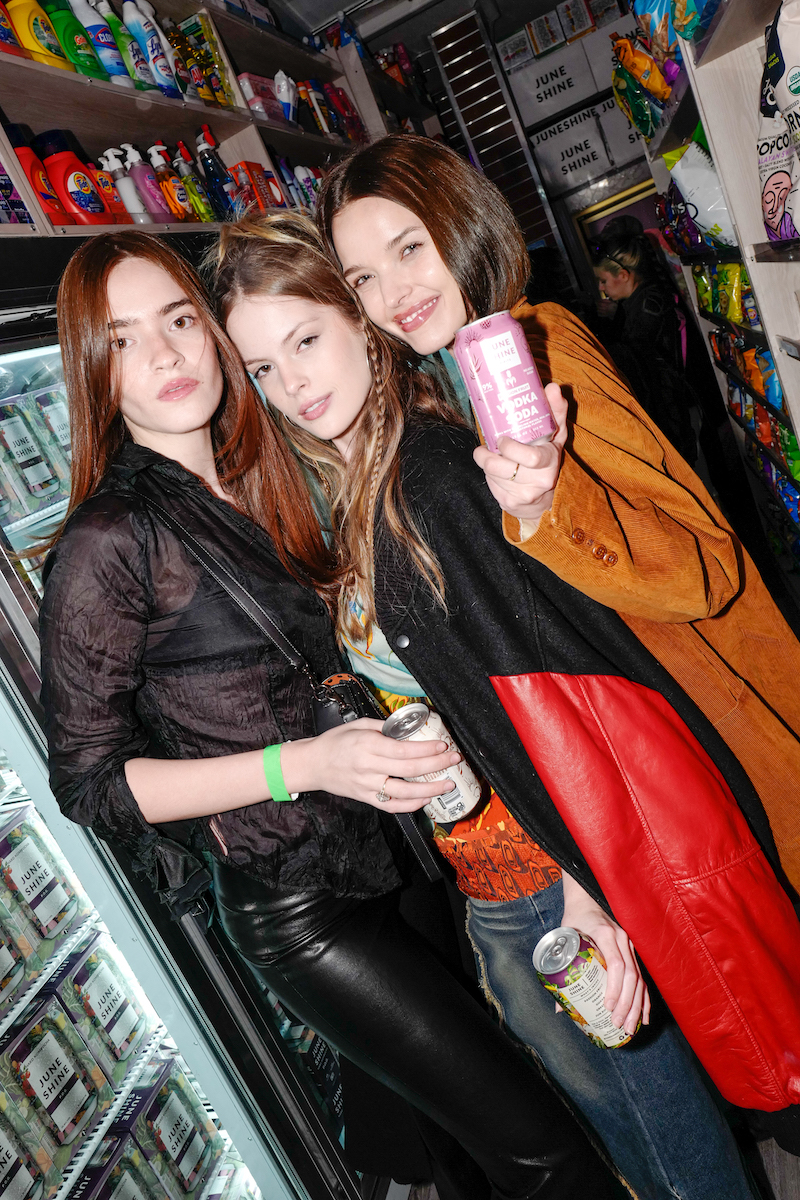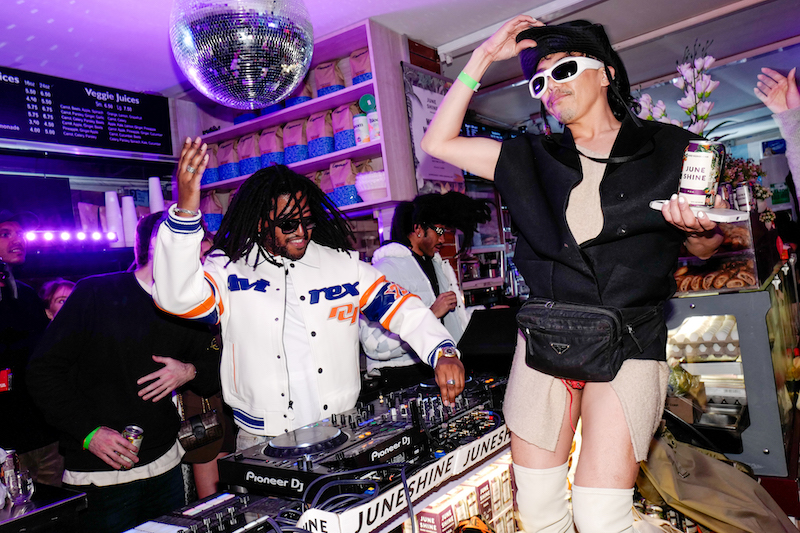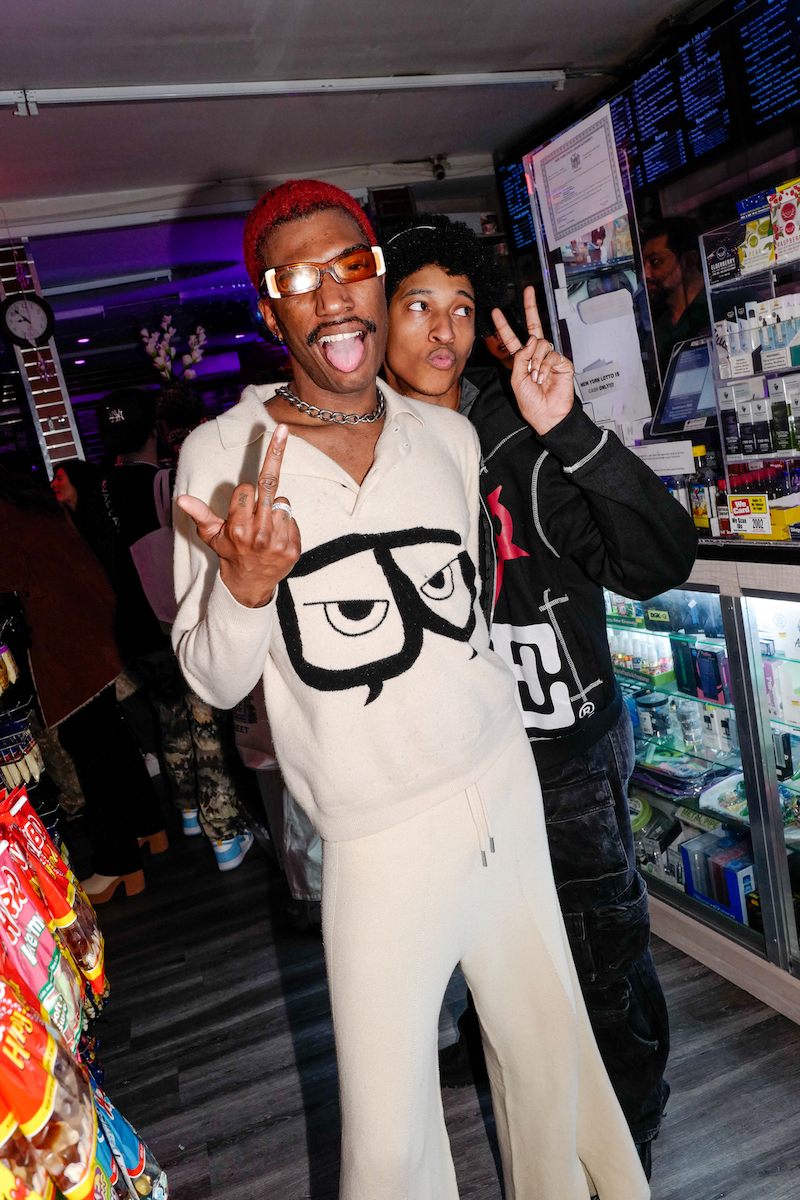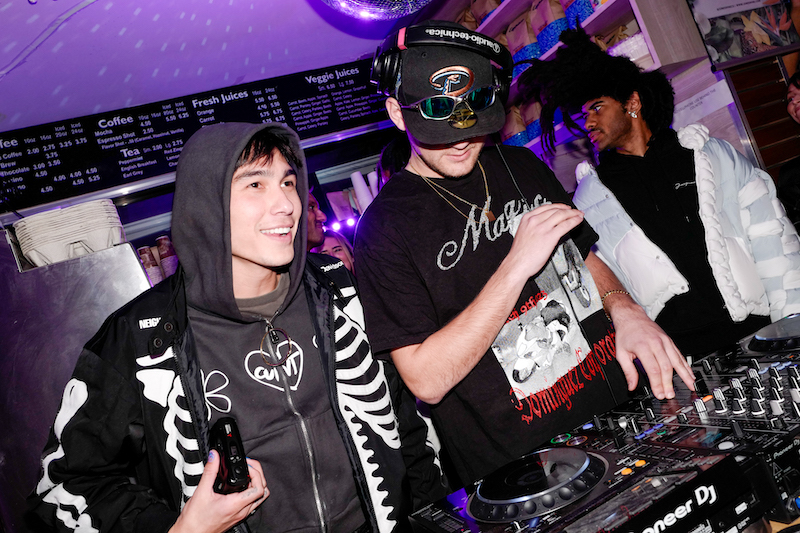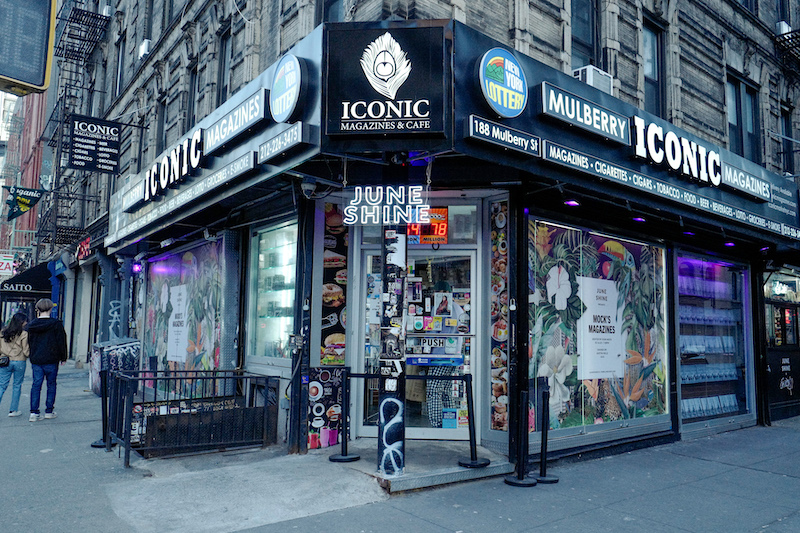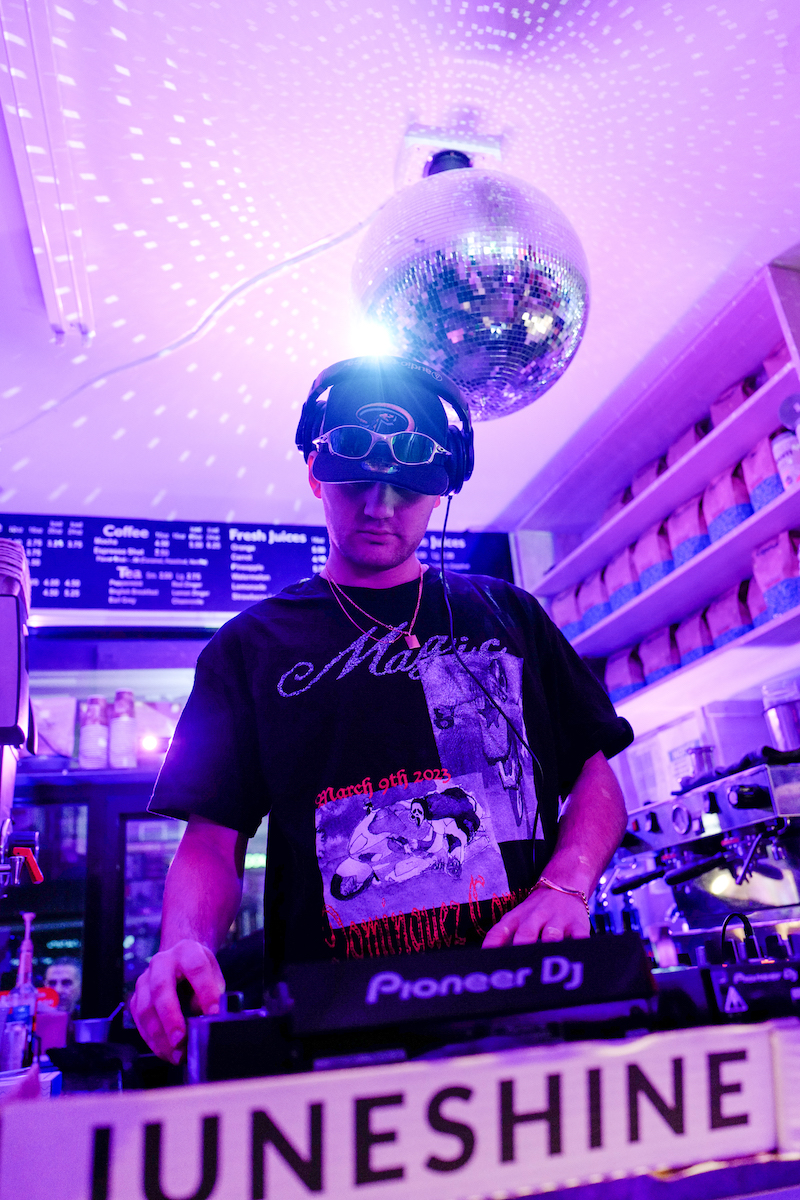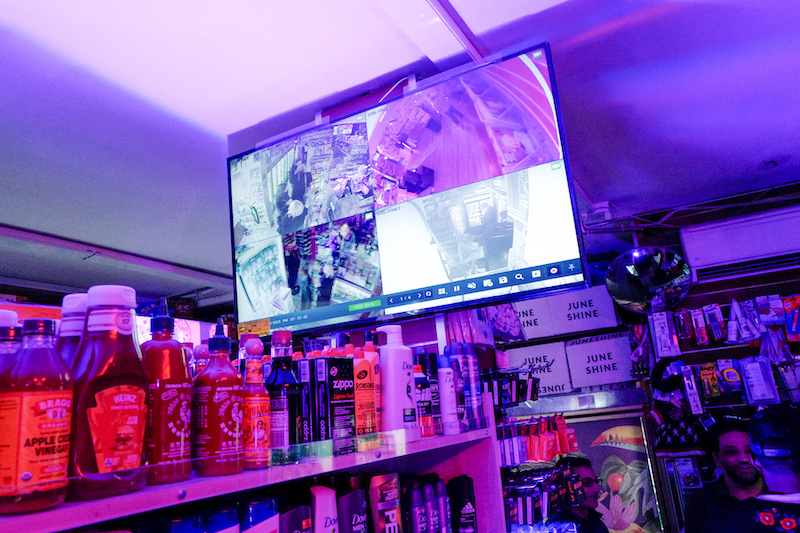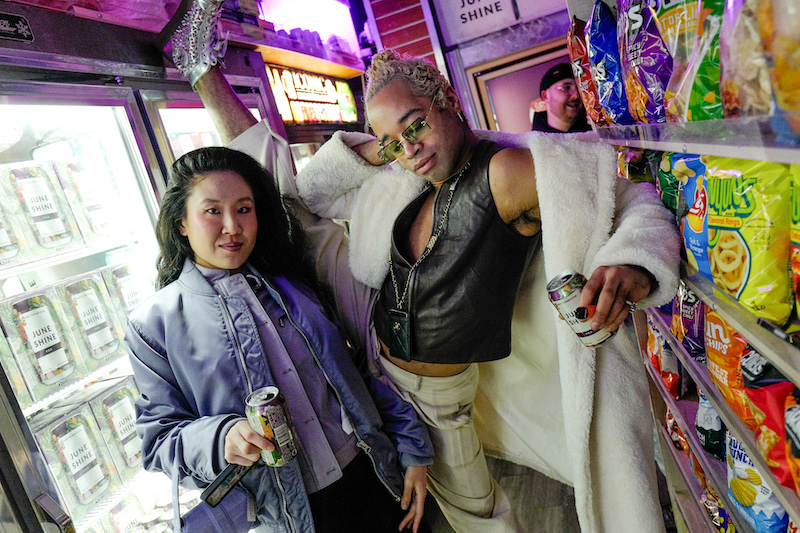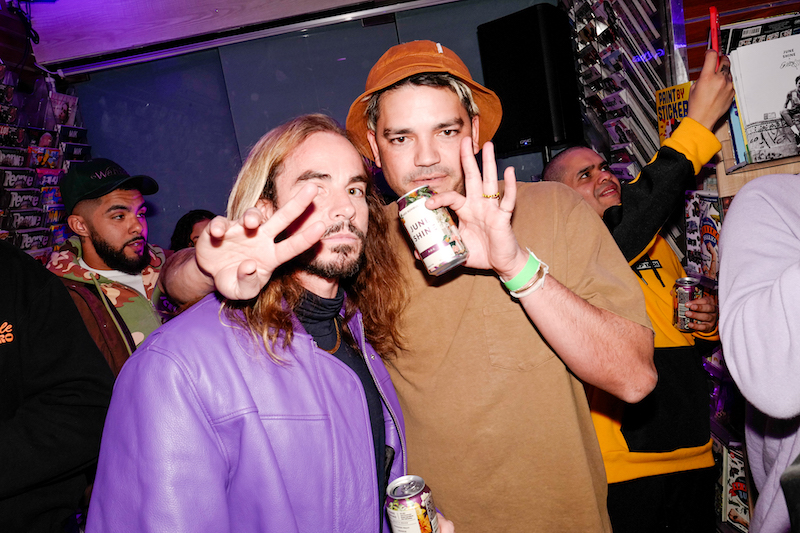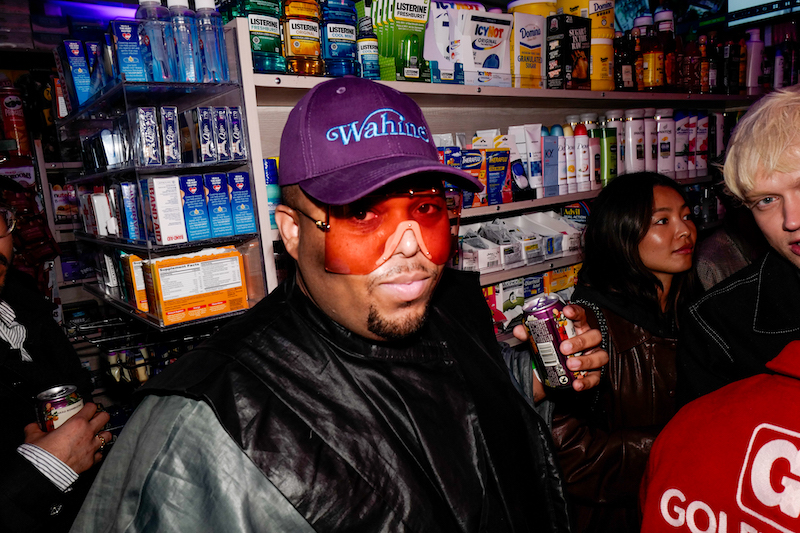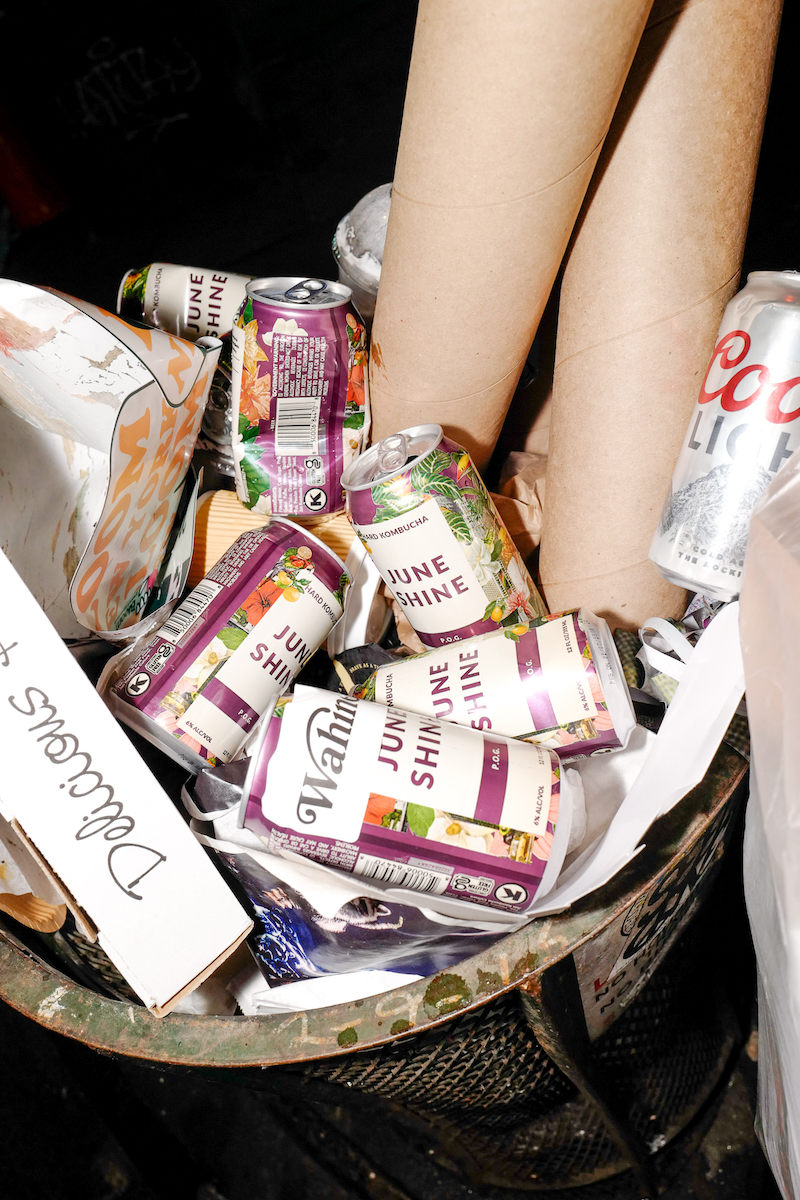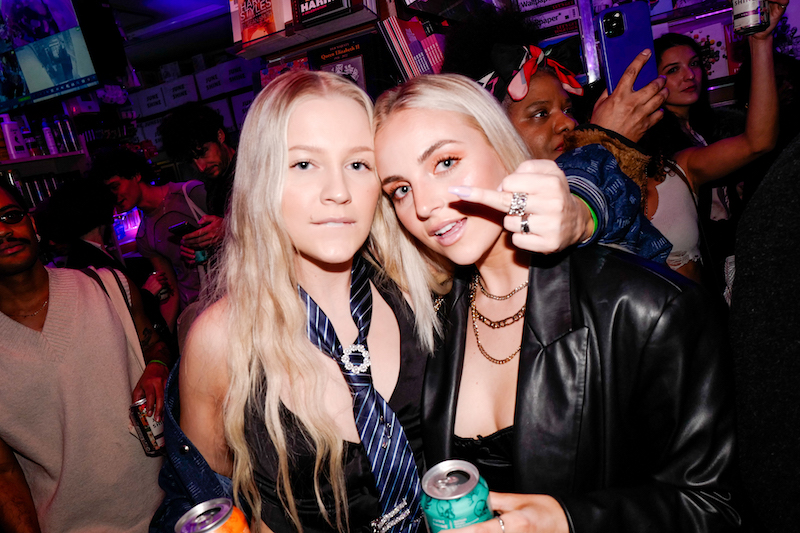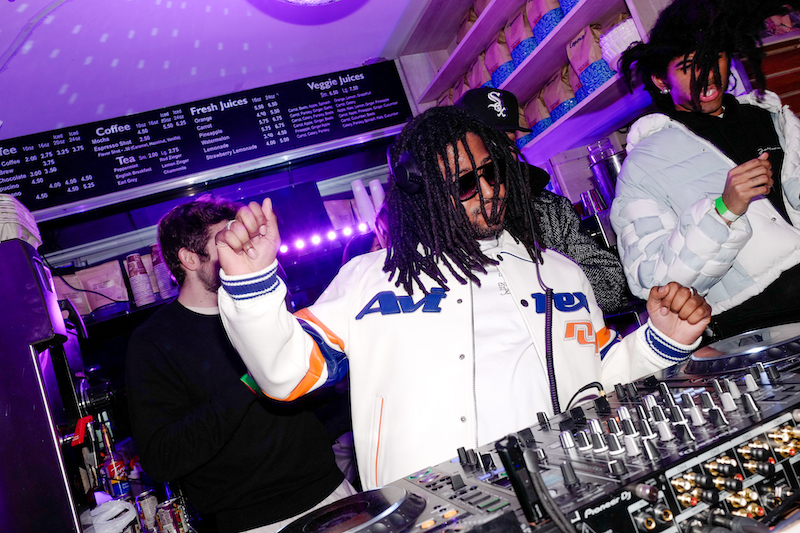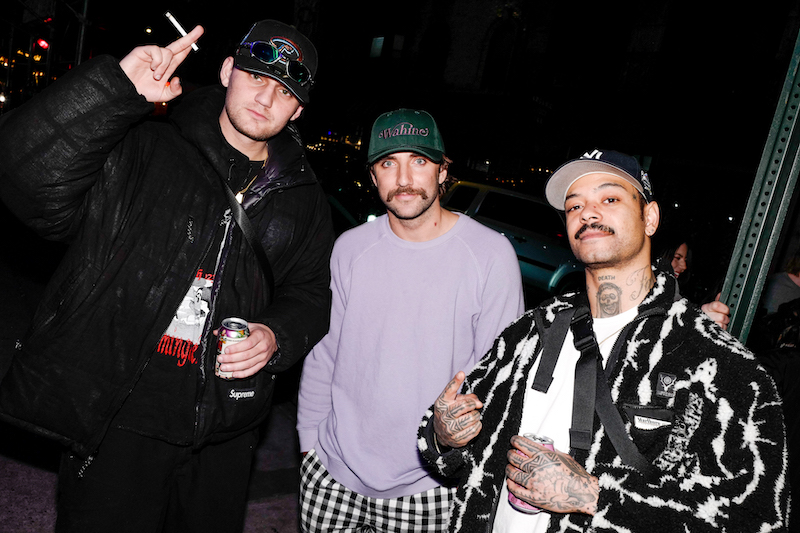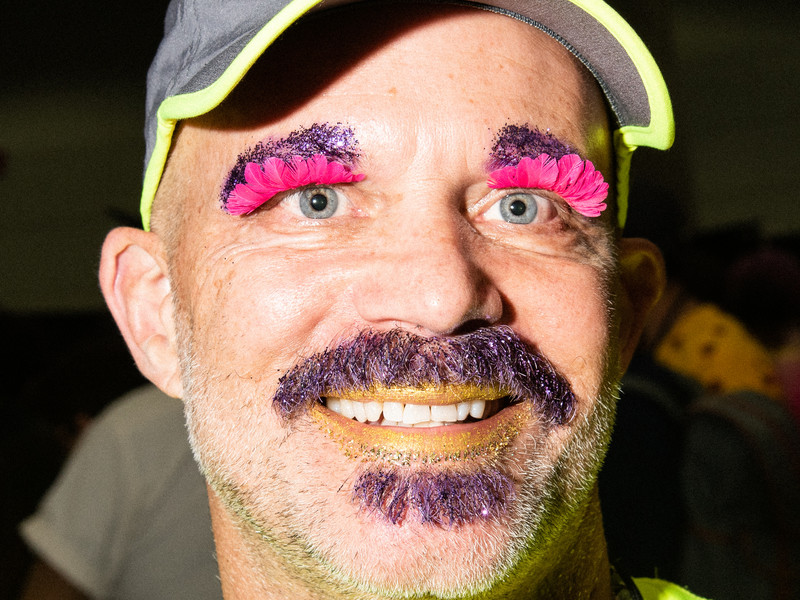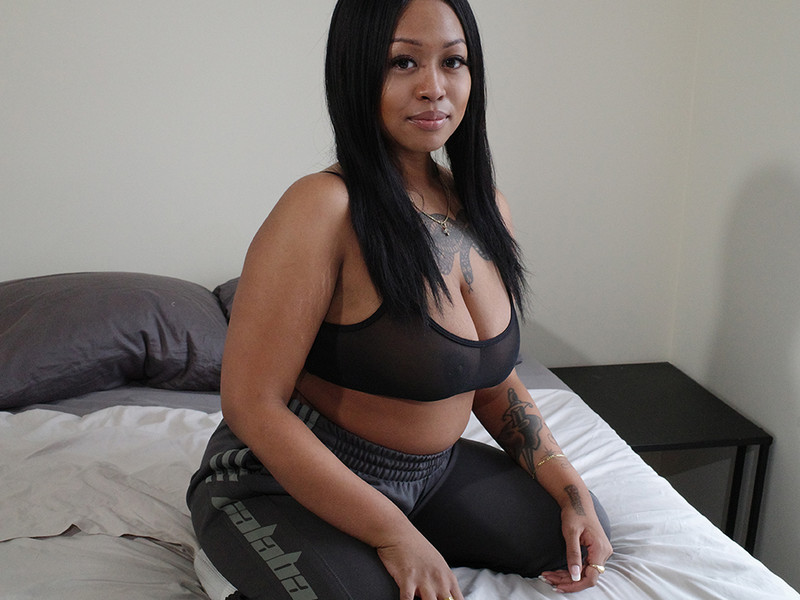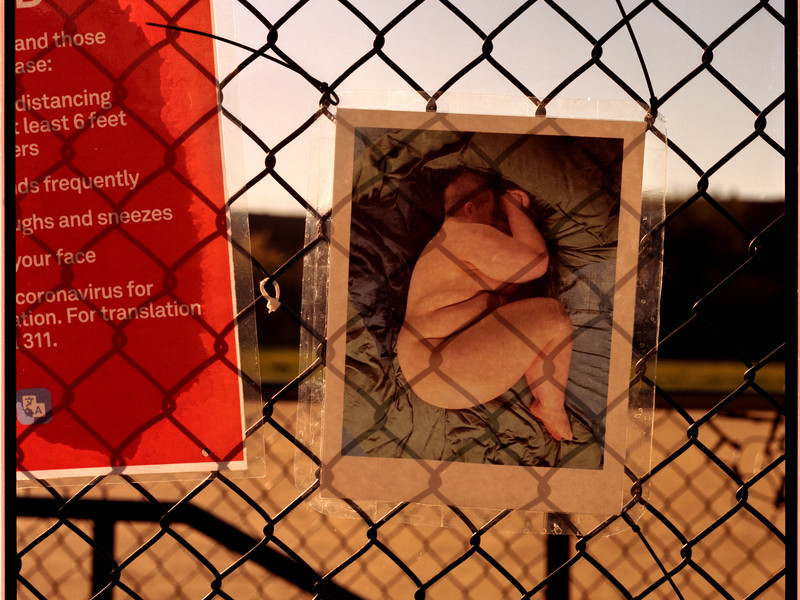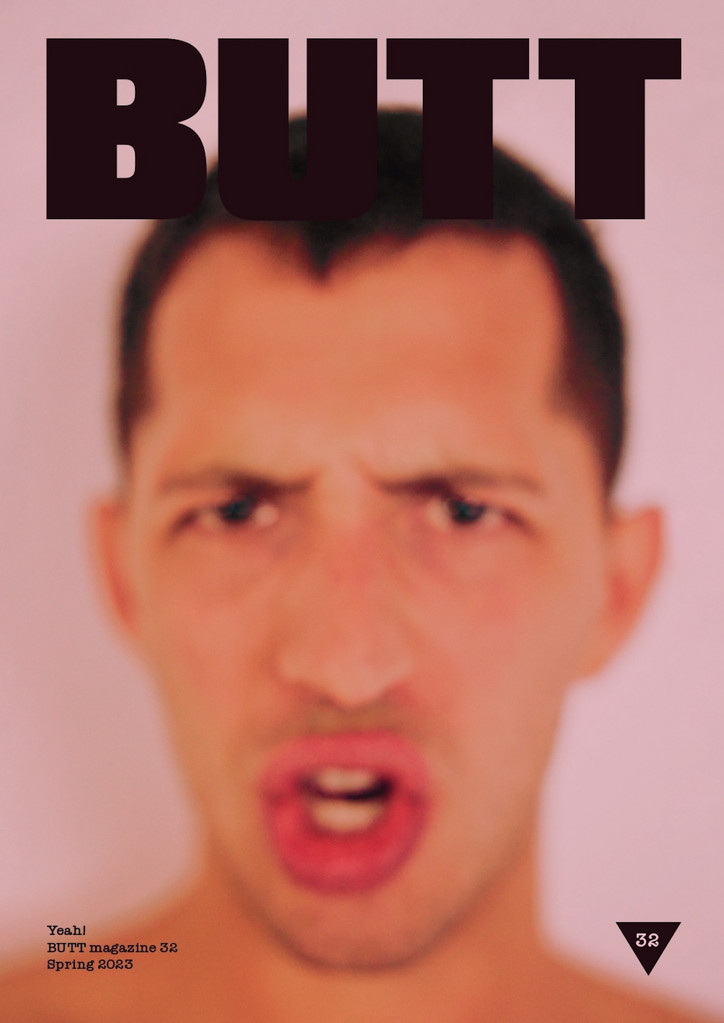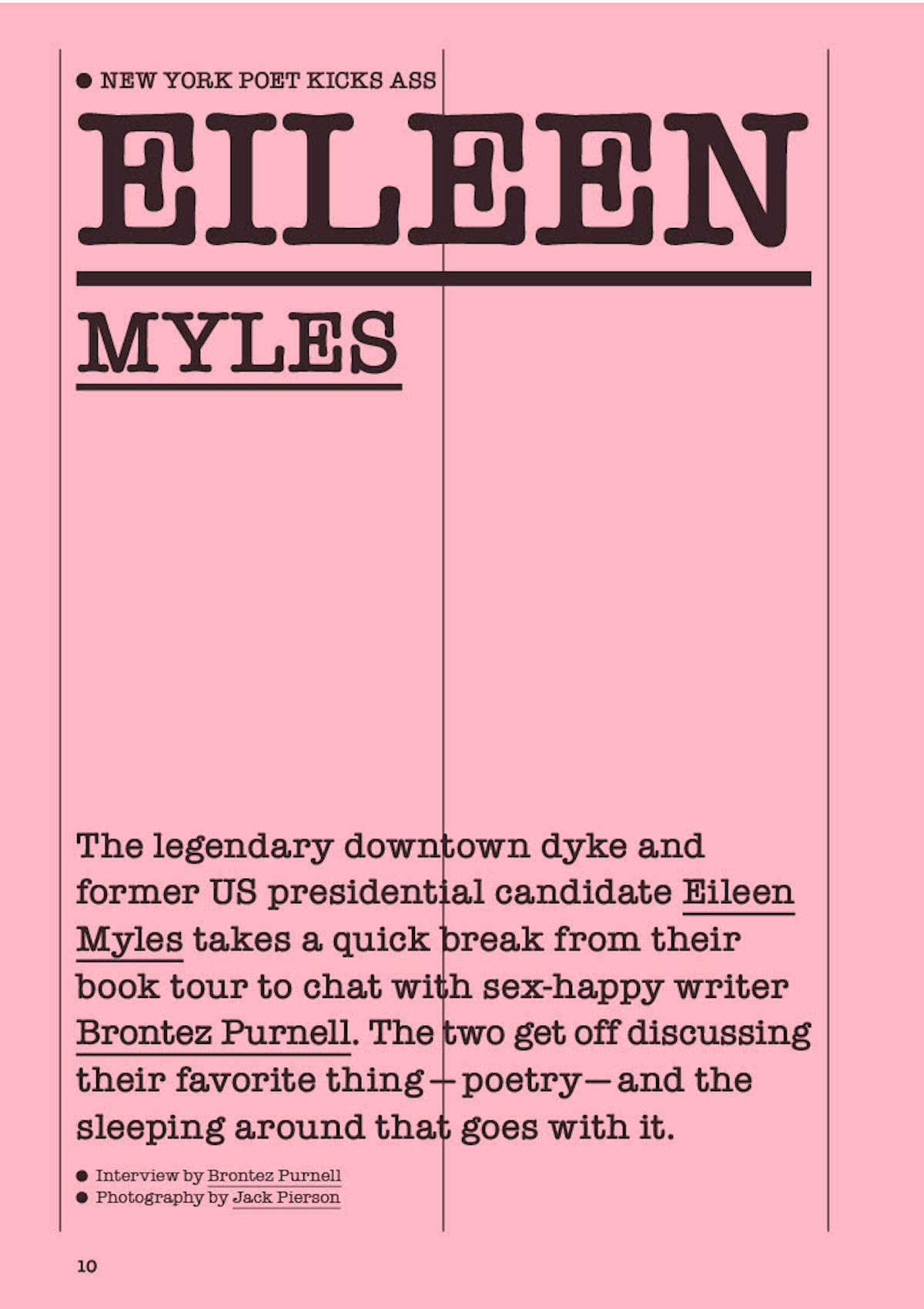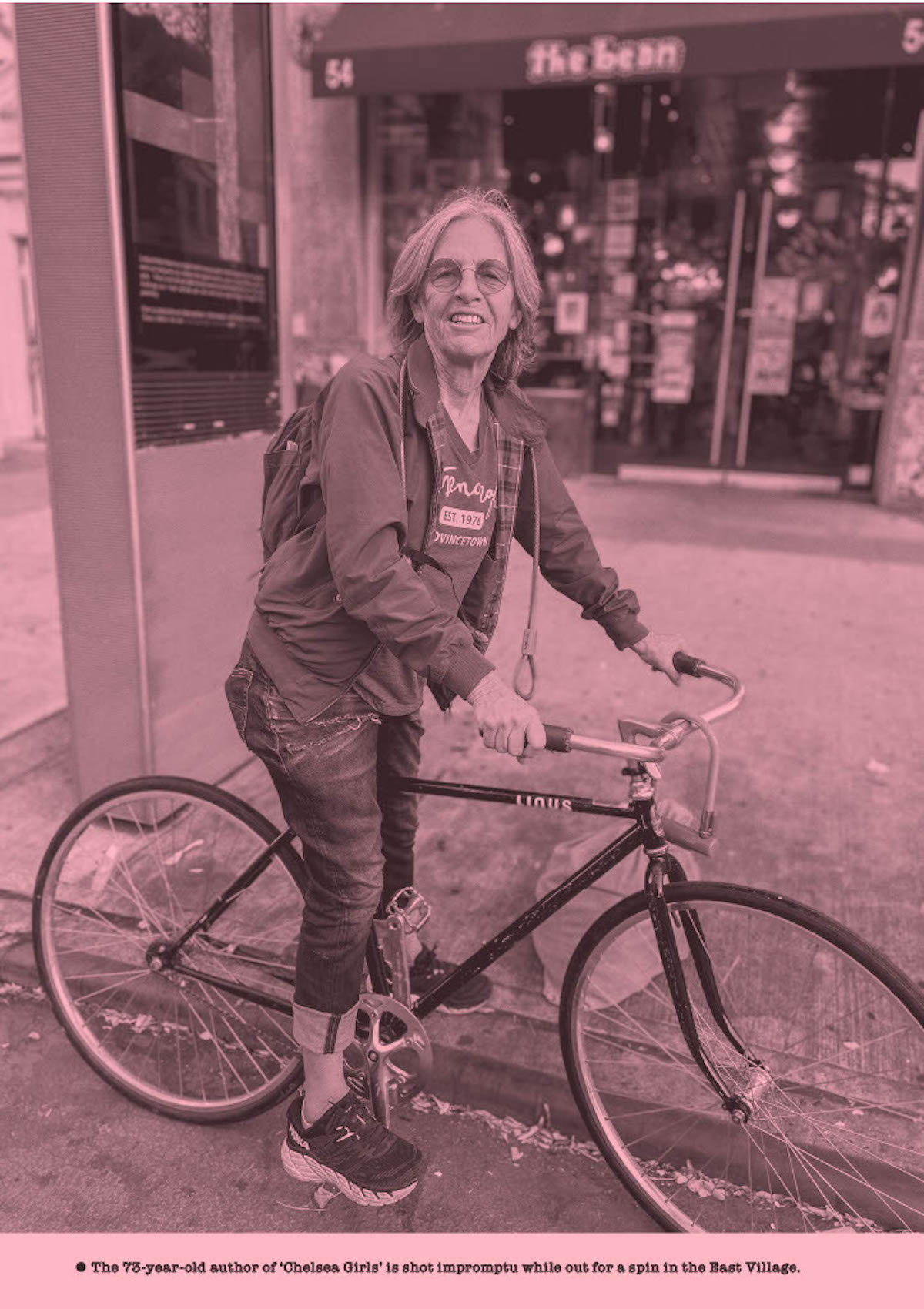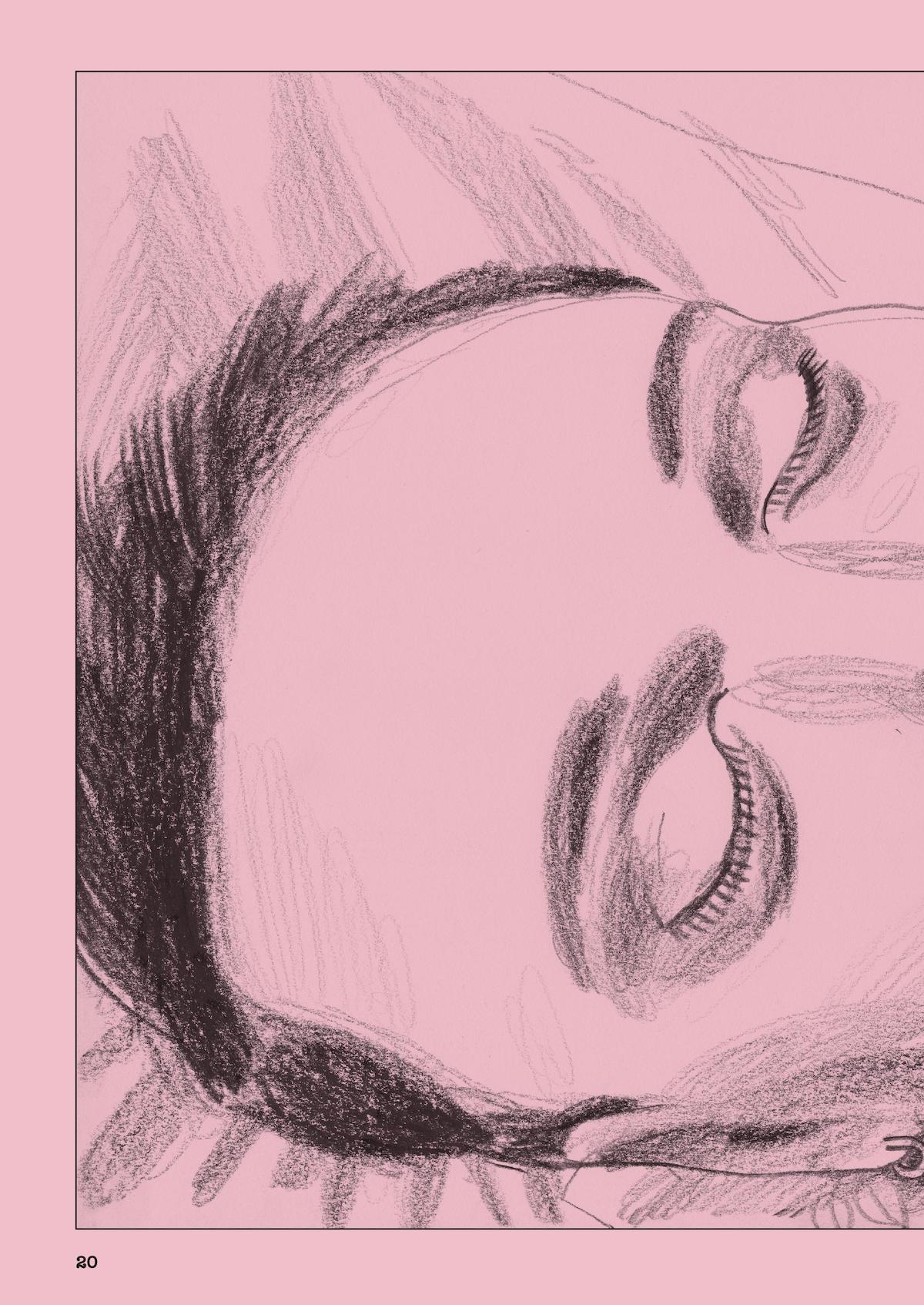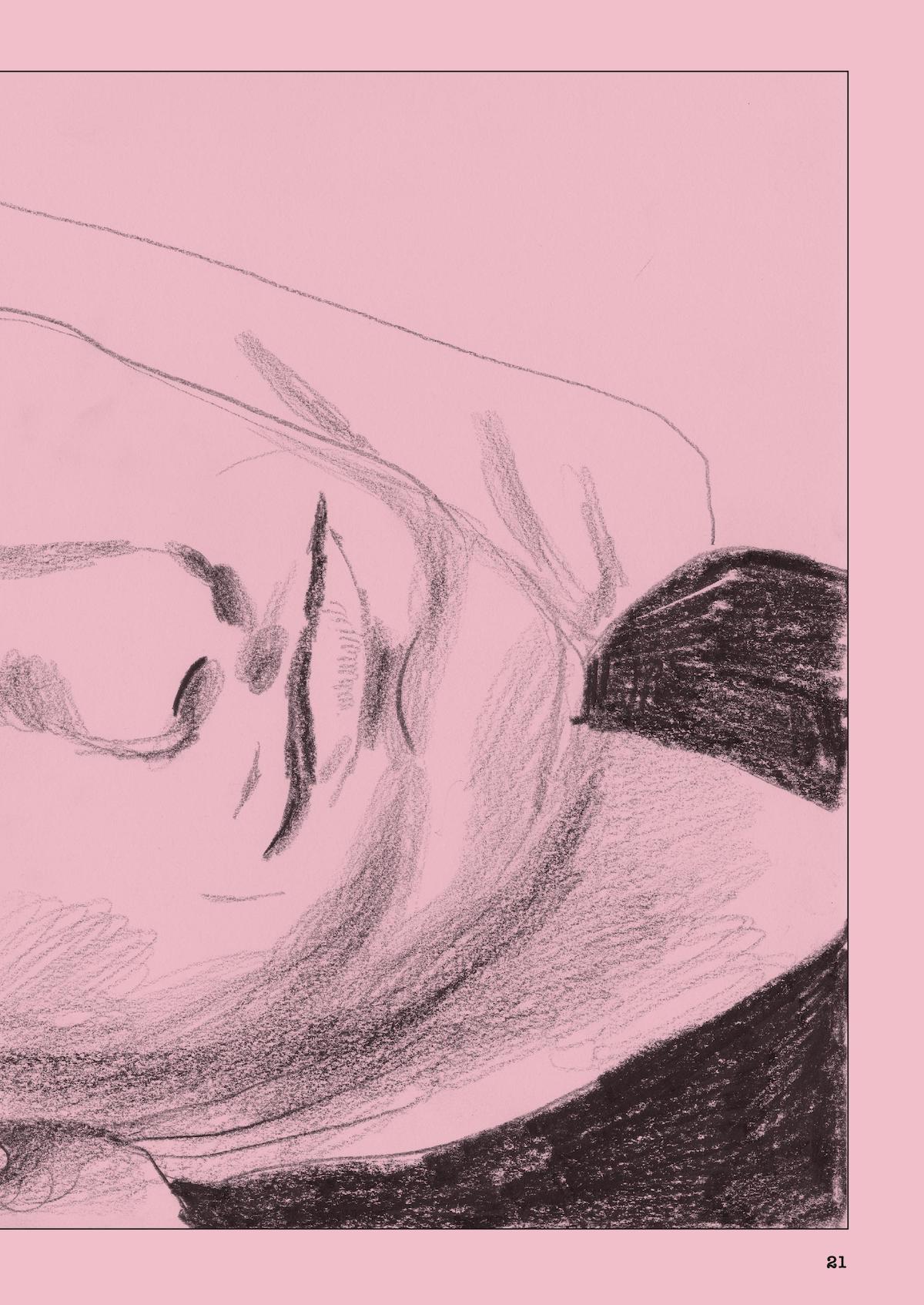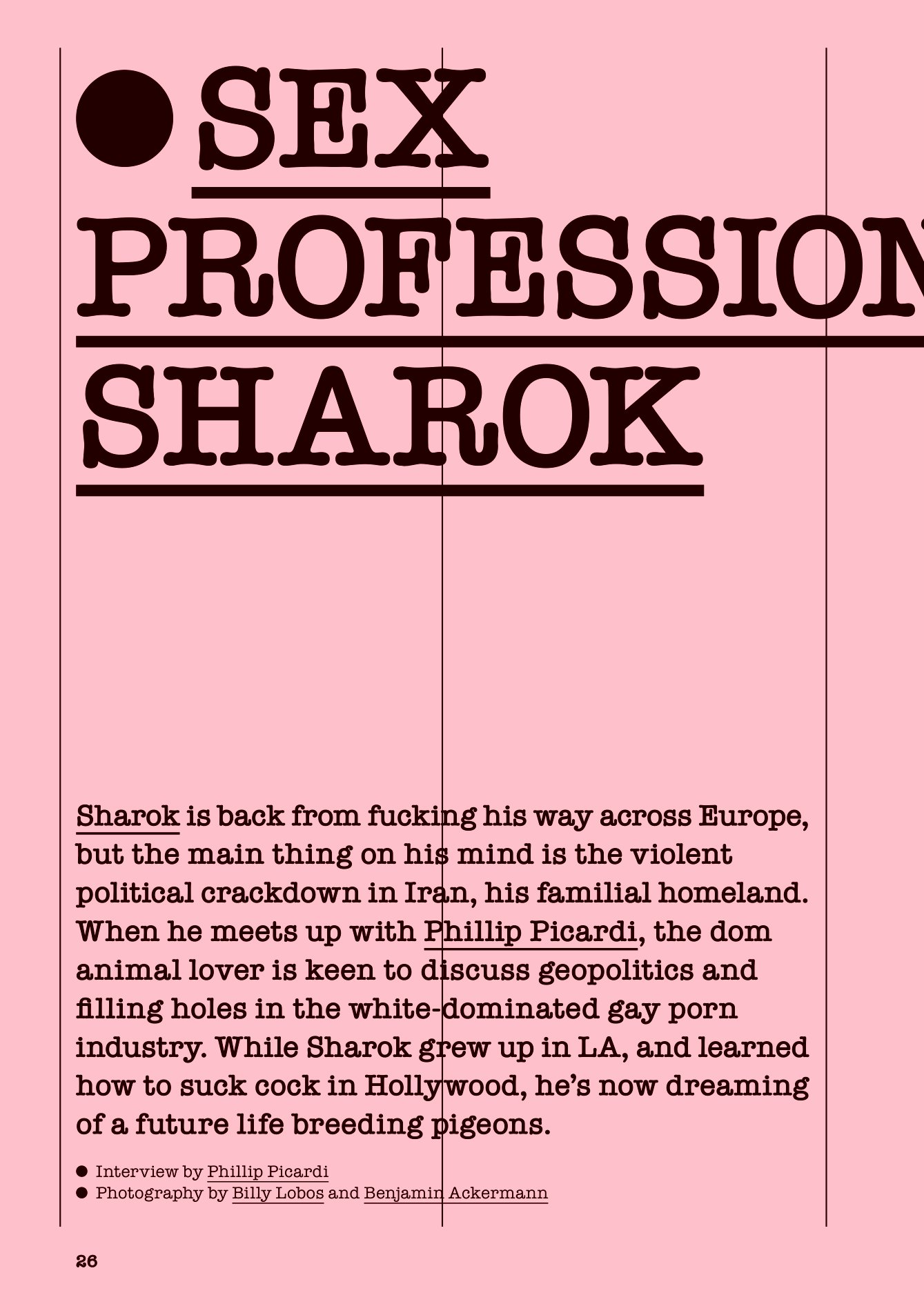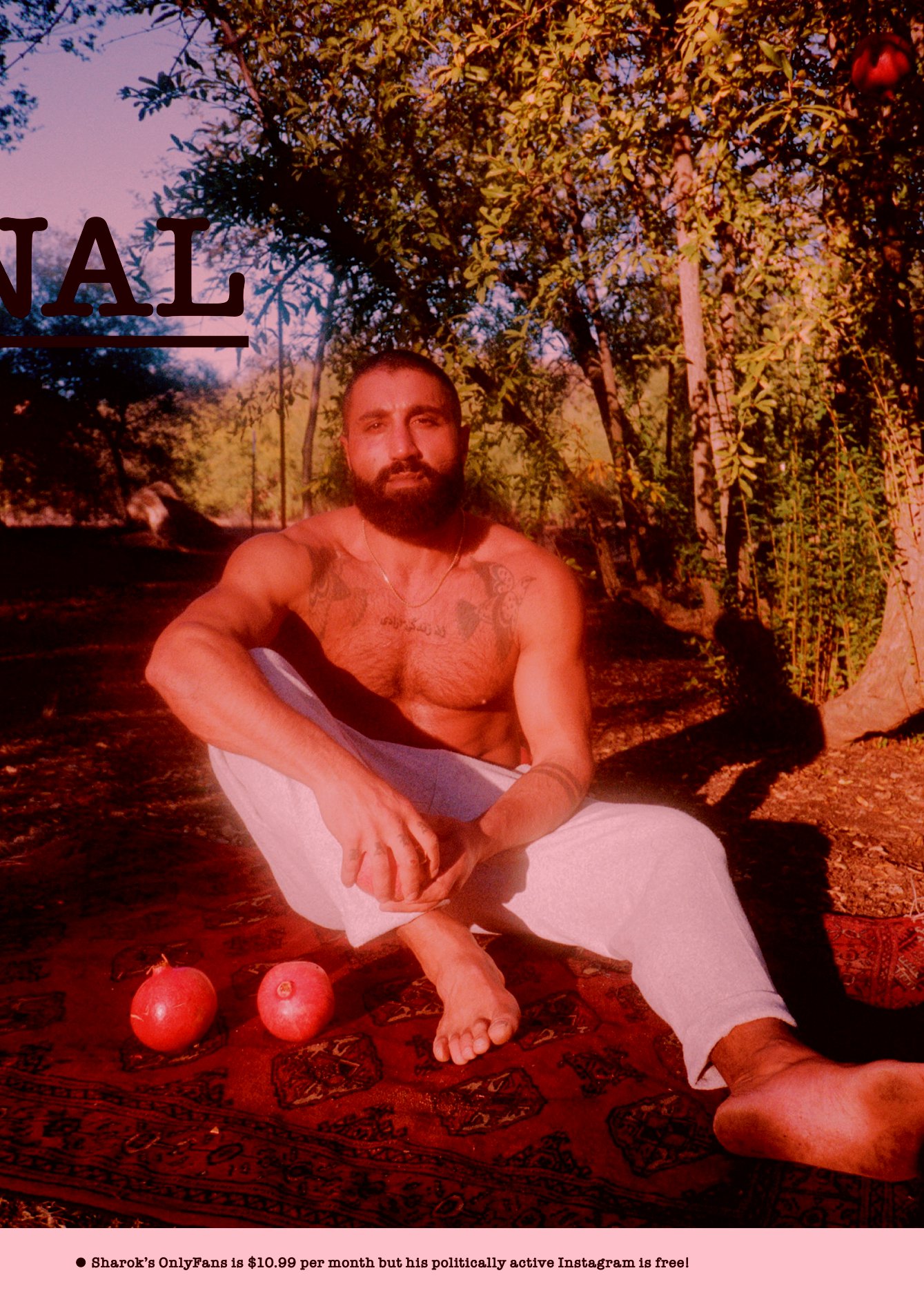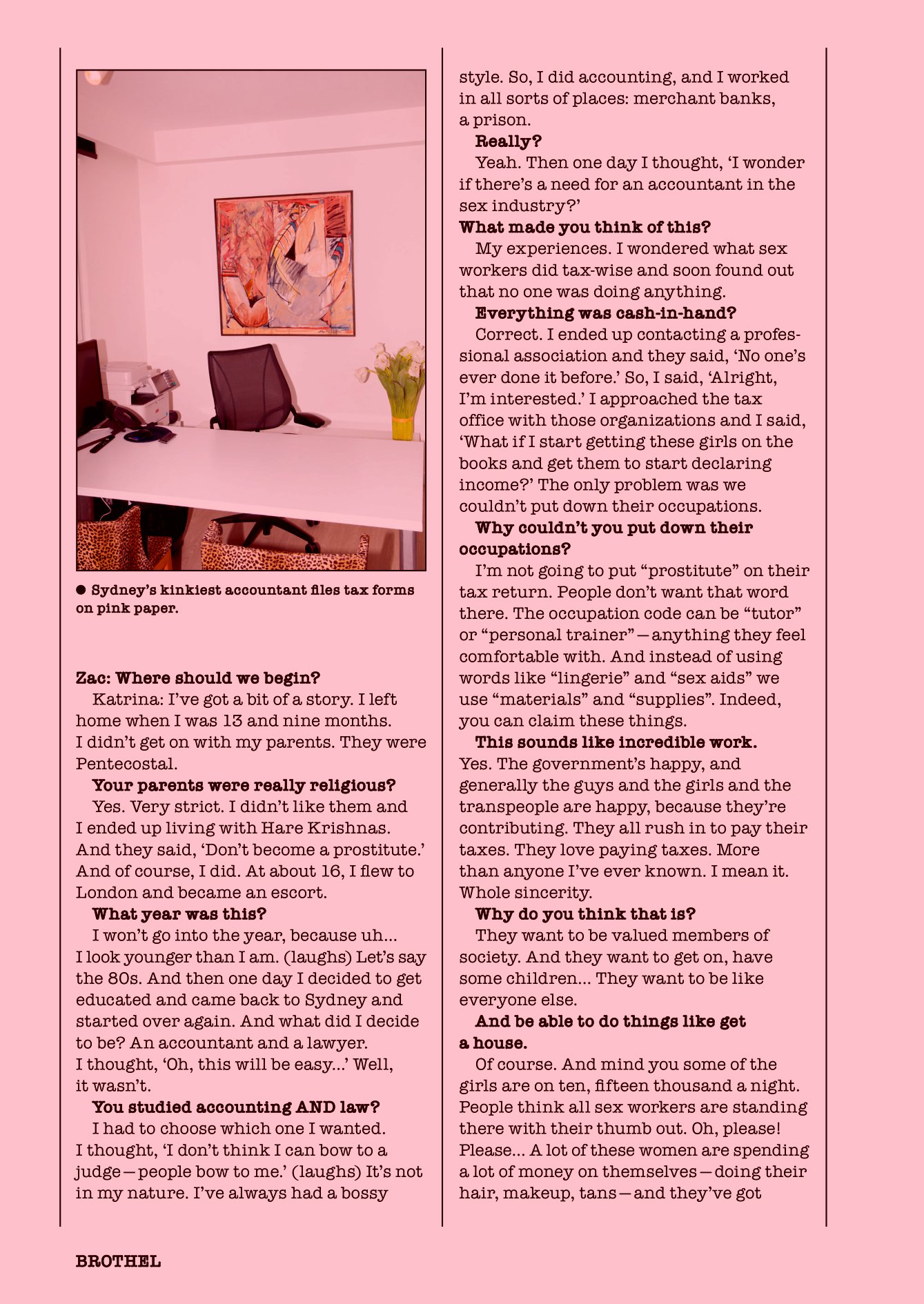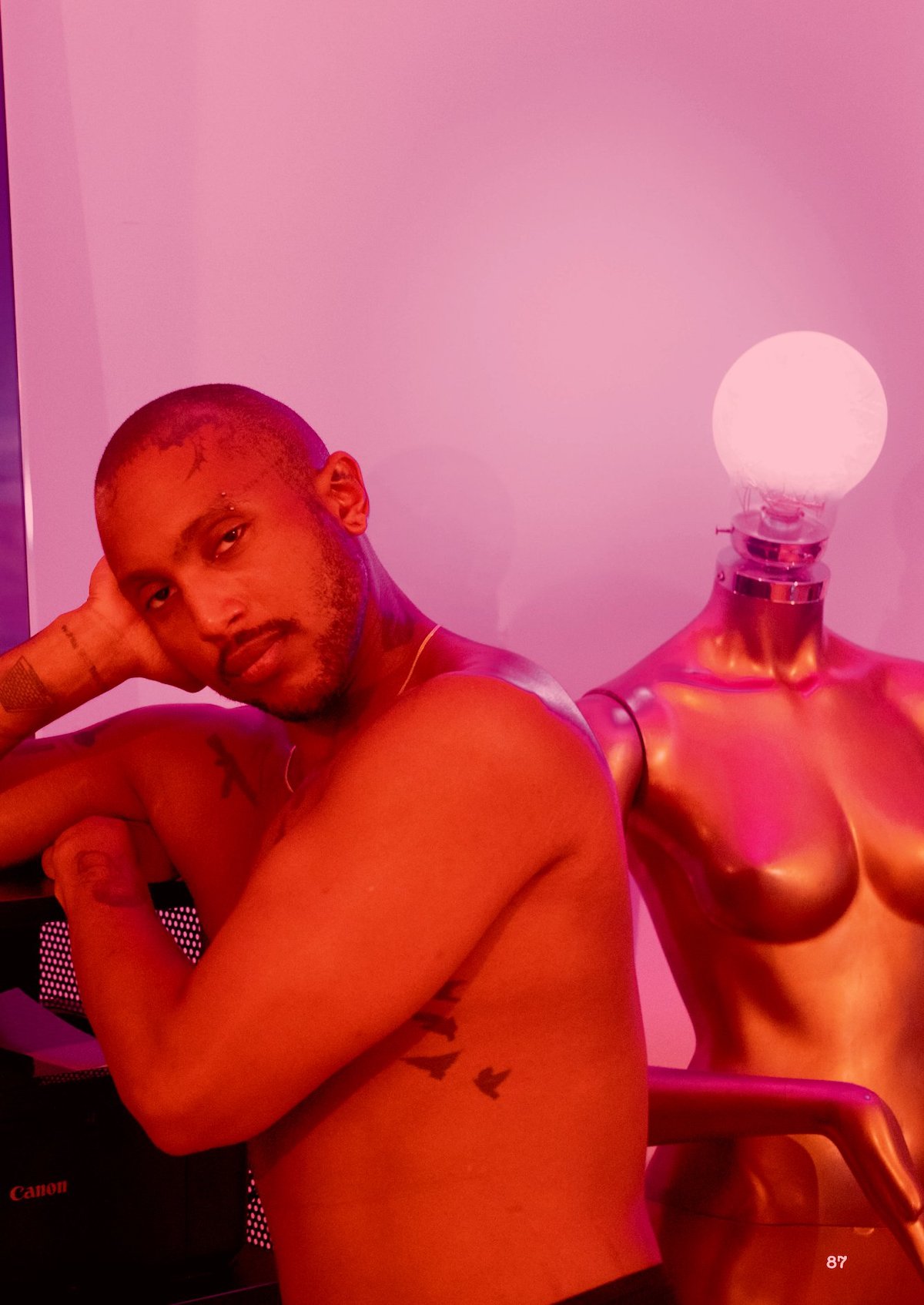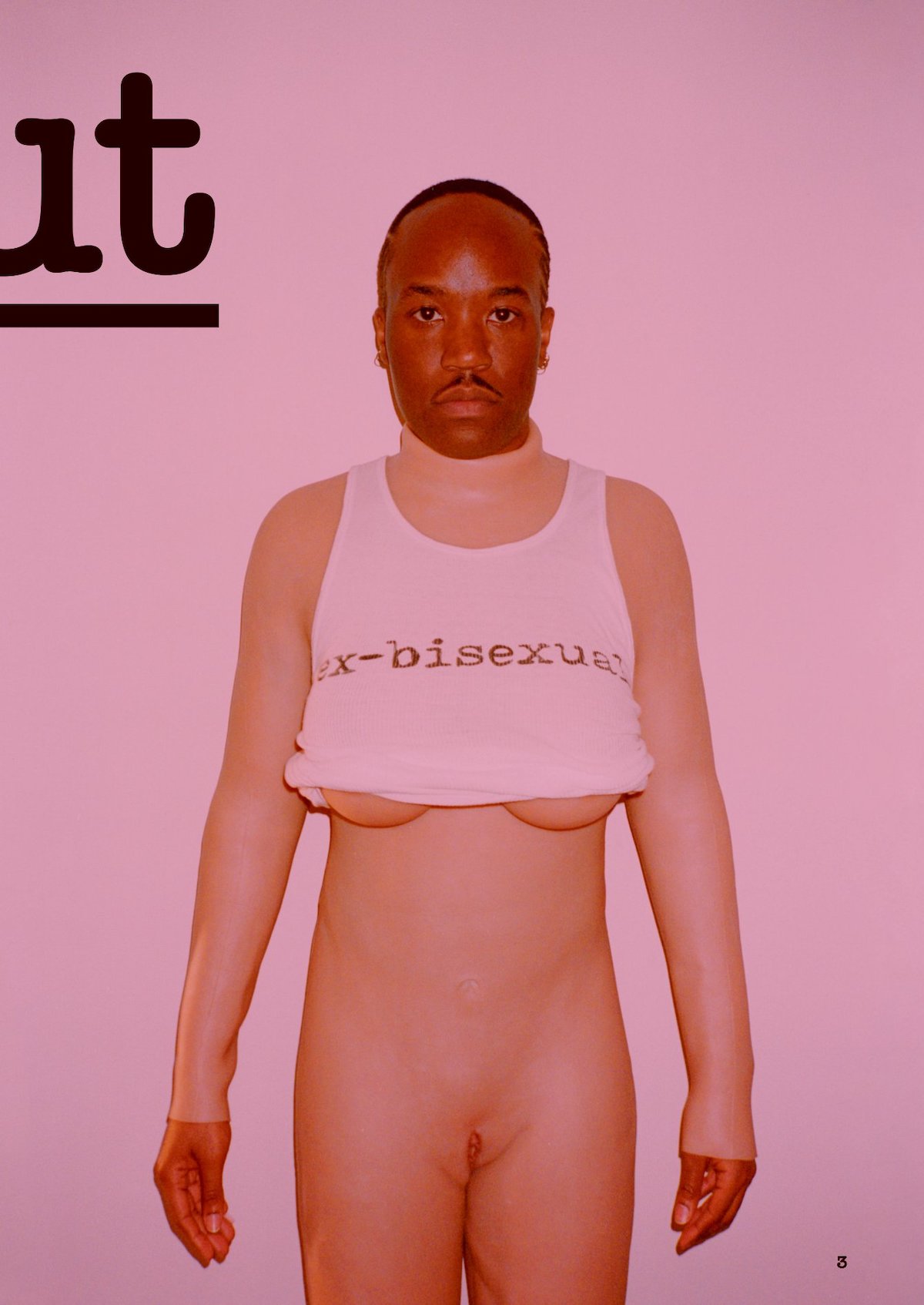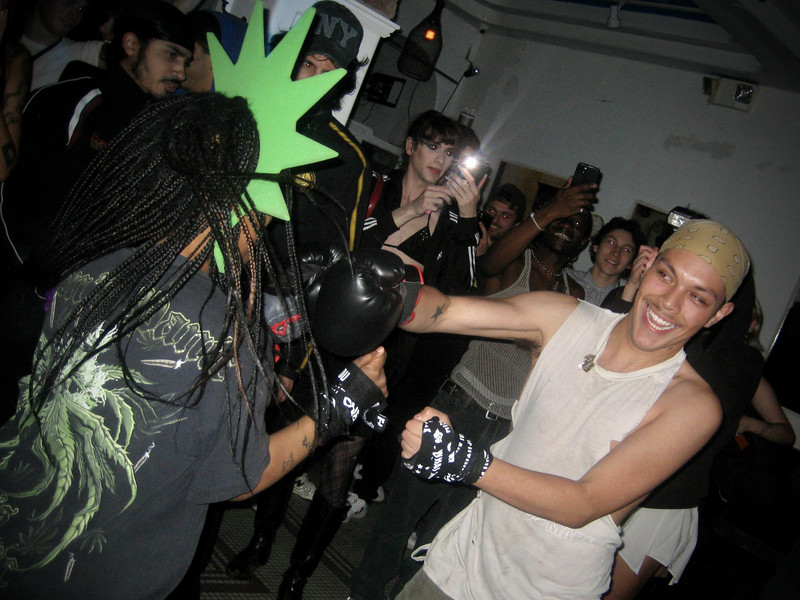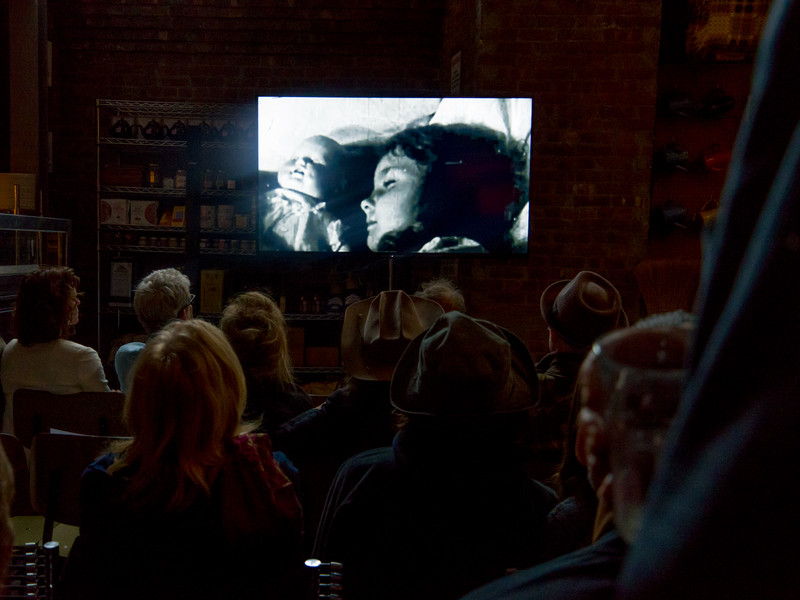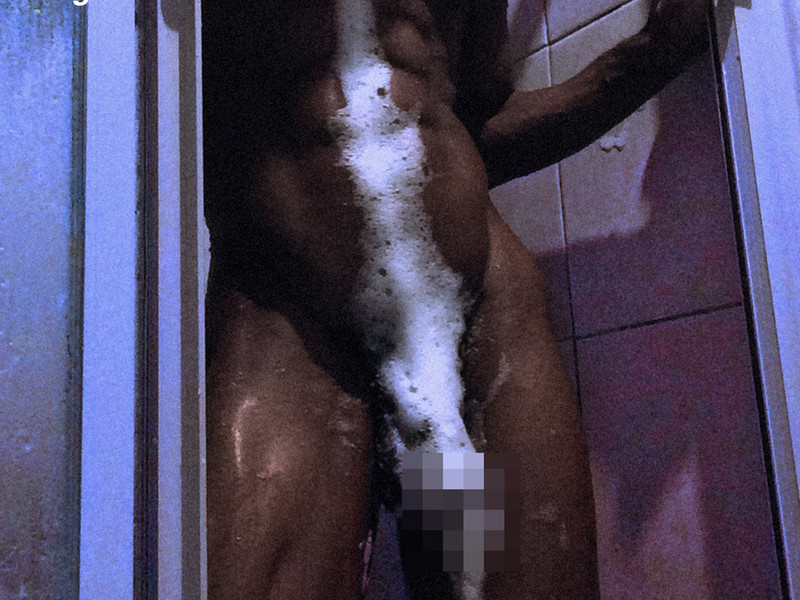Let's start by talking about the olive oil side of things. Can you explain the process and what goes into making a batch of cold pressed olive oil?
Basically, you have your farmer in Greece who is cultivating olive trees. These trees have been planted in the last 50 to 100 years. Some of them, in the last thousand years. The olive tree is extremely resilient and it doesn't need a lot of water. Then, you're making sure it's not getting contaminated with insects or pests that could kill it. Our olive oil is all organic, and that means anything that's happening in the cultivation process is non-chemical. Around November, you remove the olives from the trees by knocking them off with a long rake and they fall onto tarps. We take the bags of olives to the olive oil mill where they are washed and moved through a machine that takes out the pits and then they press the olives and you get the juice.
How involved are you in the process? Are you actually going to Greece and visiting the farm, or was that only a one time thing?
We are there every season for the harvest. I'm not the farmer in the fields all year taking care of the trees, but I'm there for several weeks every year in October and November making sure that the process is going smoothly and actually working with the farmers in the mill. As we start to scale, that will change in terms of my ability to actually just work only exclusively with one farmer, but we are there and we are a deep part of that process.
How did you go from being a book publisher living in New York City to owning an olive oil company in Copenhagen?
This opportunity was presented to me in February of 2020, at a time in my life when I was peaking as a publisher in regard to what I was doing with Paradigm. Then the pandemic happened and I was back in Ohio working on a photo book, taking care of myself and my mental health. I started googling people associated with the Japanese farmer Masanobu Fukuoka and that brought me to this Greek farmer. I bought a one-way ticket to Greece and started farming. He put me in touch with this olive oil farmer. When I finished my apprenticeship, I reached out to this farmer and went and found him and saw his production and what he was doing. I was captivated by his ideology and his mind around farming and production. I brought his oil to Denmark, introduced it to my business partner, and the rest is history. Now, I live in Copenhagen and have an olive oil store. I was open to the transition and was ready to take that next step into a different place of my life. I was publishing for almost 12 years and I was working in the arts and creating different communities and activations around Paradigm, but I saw this opportunity and I had to take it.
How are you creating a community in Copenhagen through this new venture?
There is a strong community in Copenhagen around Psyche. It's a lot smaller of a place than New York and there really isn't anything in the market like what we're doing. Having an olive company that speaks to all kinds of individuals and people, all races, all colors, all genders we are an inclusive company, that promotes health and wellness. It isn't really positioned in anything, but the education and sale of olive oil, getting people in the mind that the olive oil that they buy probably isn't what's being sold to them. We're trying to create a transparency in our supply chain on top of creating a community around what we're doing. It's a unique pocket, especially in a country that kind of needs that edge, if you will.
What is the connection between the olive oil production and distribution and the cafe you're also a partner in?
The physical cafe that we had last year was a temporary residency at the former Relæ, which was a Michelin star restaurant and is two doors down from our flagship store. That venture was brought to me by Mati Pichci, a food curator in Copenhagen who was working at Atelier September and before that, was staging at Noma. He was buying our olive oil and then he asked if I wanted to get involved. I knew it was an incredible play for marketing and for continuing to build the community. We had an amazing time doing it, and it really did activate the community in a much stronger way because it created a more open forum. The reason I'm in Milan now, is to find new ways for the oil and the cafe to reach wider communities through physical activations.
How do you intend to maintain the community if there's not a physical space?
We still have the store— Psyche Organic is an olive oil showroom/office. We actually have our one year anniversary coming up on March 18th. That's where the hub still is. Everything is still functioning out of that space. If you want to come find me or my partner or connect to the brand, you can come there as we still activate events there. Then, on top of that, when Psyche Organic or Psyche Café does an event, that's how the community continues to grow.
What other cities do you plan on expanding into?
New York and Los Angeles are both already a part of our community. I’m selling to Scarr’s Pizza in NYC and to a beautiful store in LA called Homesick Studios. These two places allow the brand to reach into communities in both cities. We plan on expanding into the rest of Scandinavia, Asia and northern Europe.
Besides the farming practices, what else makes Psyche Organic unique?
First off, our eco-friendly bag is totally unique to the olive oil industry. In the current state of the olive oil market, we are the only company selling in this bag. Then, from an aesthetic standpoint, the communities that we associate ourselves with, nobody has really gone into olive oil like a fashion brand would. Taking from my mentors and the people that I came up with and looking at how collabs work and how hype works, because that's where this thing gets really interesting is that I thought I was unique walking into a room saying, "Oh, hey. I'm a book publisher," or, "Hey, I'm a photographer or whatever." But I don't know. There's a lot of that. I walk into a room now and if someone says, "Hey, what do you do?" You say you import and export olive oil, it's a different conversation piece. That being said, just from the history that I have in design, photography, production, and creative direction, I'm applying all of this to olive oil and to scaling olive oil. That's what I would say makes it hyper unique.
